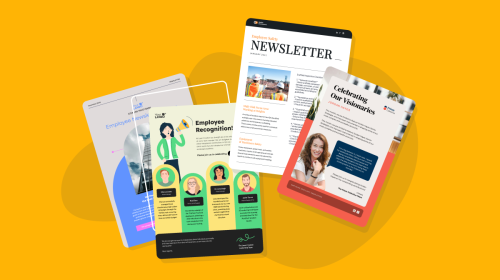
How to Create an Expert Research Proposal (+Templates)

A well-crafted research proposal is the backbone of a successful research project.
Beyond serving as a blueprint for the entire study, it lays the groundwork for a smooth and efficient research process.
Research proposals detail what you’ll cover in a larger research project. Whether you're a graduate student or a seasoned professor seeking to expand your current project, you’re going to need one to secure approvals from relevant committees and request funding for the project.
With a solid proposal in place, your research project can proceed with confidence, clarity and focus.
However, writing a research proposal is daunting and can overwhelm even the most seasoned researchers. In this comprehensive guide, we'll share expert research proposal templates to spotlight your project.
We'll also share tips and best practices to help you create a proposal that will impress reviewers and secure funding for your project.
Let’s get to it.
Table of Contents
- What Should a Research Proposal Include?
- Research Proposal Examples
- How to Create a Research Proposal with Visme
- Best Practices When Writing a Research Proposal
Quick Read
- A research proposal is a document that outlines the strategy and justification for a research project. It is usually submitted to gain approval and funding for conducting the research.
- This document provides a detailed description of the research question, the methodology, the expected outcomes and the potential contributions of the research.
- A research proposal aims to persuade the reader, usually a funding agency or a research committee, that the proposed research is worthwhile and deserves support.
- To create a research proposal in Visme, use premade templates, write the content, visualize important data, customize your research proposal, download it and share it with relevant stakeholders
- Here are tips and best practices for creating a research proposal: understand the requirements, get feedback from peers and mentors, revise and edit your proposal and incorporate relevant visual aids.
- Visme has a wide range of proposal templates, AI-powered tools and features to help you create winning research proposals.
What Should a Research Proposal Include?
First of all, what is a research proposal? A research proposal is a structured document that outlines the plan and rationale for a research project. It is typically submitted to gain approval and funding for conducting the research.
The specific requirements might vary depending on the institution, field of study and purpose of the research.
However, a comprehensive research proposal generally includes the following components:
Made with Visme Infographic Maker
Title Page
The title page is the first thing readers see when they open your research proposal. It should contain the following details:
- The proposed title of your research proposal
- Your name
- The institution and department
- Contact details
- Your supervisor's or advisor’s name
Date of submission
If an external organization is sponsoring your research, provide client or funder details.
When crafting the title of your research proposal, keep it concise yet informative. Also, make sure it accurately reflects the focus of your research project.
Abstract and Table of Contents
If your proposal is lengthy, consider adding an abstract and table of contents.
A table of contents provides readers (such as reviewers, advisors, or funding committee members) with an organized overview of the proposal's structure. They can easily navigate and find specific information without flipping through the entire document.
- List all the major sections and subsections of your proposal
- Use clear and concise headings that represent the content of each section
- Provide page numbers for each section so that readers can easily locate them
- Keep the table of contents updated if you change the document's structure or page numbers
Introduction
The introduction is a critical part of your research proposal. It sets the tone for the rest of the document and provides a framework for understanding the research. Make sure it piques your audience's interest and briefly explains what you want to achieve and why.
Here are some details you should include in your introduction:
- Background information on the topic
- Relevant literature, theories and existing research in the field
- The objectives of the study and motivations
- Problem statement or research questions
- The significance of the research
- Previous research or studies that have been conducted in the area
- A brief summary of the research methodology being used and how the data will be analyzed
When building your introduction, here are some ideas or questions to guide your thoughts:
- Why is the research necessary?
- How much work has already been done on the topic?
- How does it contribute to the existing body of knowledge?
- What is the gap in knowledge or the specific problem that your research aims to address?
- Who might be interested in this topic? (e.g., Industries and corporations, government agencies, non-governmental organizations (NGOs), think tanks and academia?)
Literature Review
The literature is where you demonstrate your understanding of the existing knowledge in the field. In addition, a well-written literature review achieves these things:
- Justifies the need for your research
- Summarize the key findings and arguments of relevant studies
- Identify gaps in current knowledge and explain how your research will address these gaps
To write a compelling literature review, conducting thorough research beyond a narrow focus on just a few studies is essential. Instead, aim to investigate a broad range of theories, methods and debates within your field.
Not only will this help you identify the similarities and differences between various approaches, but it will also enable you to critically evaluate their strengths and weaknesses. You'll also be able to demonstrate how your own research builds upon, challenges, or synthesizes prior studies.
This approach will enrich your understanding of the subject matter and lend credibility and depth to your review. To provide a comprehensive overview of the subject matter, tap into different information sources, such as:
- Scholarly articles
- Conference papers and proceedings
- Journal publications
- Government statistics and data
- Industry reports and whitepapers
- Surveys and peer group sessions
- Textbooks, monographs and edited volumes
- Online search engines
- News articles
- Social media and online communities
- Professional associations and networks and much more.
Research Design and Methodology
The research methodology is the backbone of any research project. Whether you’re preparing a research proposal or research presentation, it not only shapes the entire research process but also determines the quality, reliability and credibility of the study's outcomes.
The section should outline the specific methods and practical steps you plan to use to conduct your research. Describe the overall approach, including the research design, methods, data collection and analysis techniques and procedures for data interpretation.
Specifically, this section should capture these details:
Research Approach
- Qualitative, quantitative, or mixed methods?
- Data sources—primary, secondary and tertiary sources, archival data, unpublished data
- Chosen research designs—experimental, non-experimental, descriptive, correlational, retrospective, prospective, cross-sectional, etc.?
Population and Sample
- Who or what will you study? (individuals, groups, objects, phenomena, or concepts)
- How will you select your subjects, items, or data points from a larger population? Sampling strategy examples include random, non-random, systematic, probability, non-probability, cluster sampling, etc.
- What will the size of the sample be?
- When, where and how will you collect your data?
Research Methods
- What data collection procedures and tools will you use (e.g., surveys, interviews, observations and experiments)?
- Why are you using this design and data collection method?
Data Analysis
- How you will analyze the collected data (e.g., statistical techniques, content analysis, thematic analysis)?
- What data analysis tools are you using?
Ethical Considerations
- How will you get informed consent from participants?
- What approach will you take to protect vulnerable populations, like minors, seniors, or those lacking autonomy?
- How will you respect participants' privacy and prevent unauthorized access to their information?
- What steps will you take to manage and disclose any potential conflicts of interest?
Practicalities
- What is the anticipated timeframe for data collection, analysis and reporting?
- How do you plan to secure access to the target population for your research?
- How will you facilitate effective communication channels among team members, collaborators and stakeholders involved in the research?
- How will you address logistical considerations such as travel, fieldwork arrangements and scheduling interviews or surveys?
- What strategies will you employ to overcome any challenges or barriers?
Contribution to Knowledge
This section should explain how your research addresses the identified gap and its potential contributions and impact on the field of study, policy or society.
To make a compelling case for your research, identify practical applications and policy implications of your study. Also, describe how your research will advance knowledge or understanding in the field.
For example, your research has the potential to make a significant impact in various ways, such as:
- Enhancing best practices in the field
- Informing policy decisions with evidence-based insights
- Contributing to the development or refinement of theoretical models
- Challenging prevailing beliefs or assumptions in the scientific community
- Laying the groundwork for future research initiatives
Reference List
List all the sources cited in your research proposal. Your references must be formatted according to the appropriate citation style (APA, MLA, or Chicago). In the reference list, make sure to include a mix of primary and secondary sources and recent and classic works.
Properly reference your sources to avoid plagiarism and credit the original authors. This will show your commitment to academic integrity and ensure that your research is built on a solid foundation of existing knowledge.
Research Schedule and Timeline
When writing your research proposal, provide a detailed timeline for completing each stage of the research process. Create a table with activities on one side and estimated completion dates on the other. Allow for flexibility in case unexpected issues arise during the research process.
Here’s an example of a research schedule:
Made with Visme Infographic Maker
Budget
When applying for research funding, a detailed budget is typically required. This document outlines your estimated costs and resources needed to complete each aspect of your project,
Before drafting your budget, verify the types of expenses that the funding body will cover. Then, for each item, include the following information:
- Cost: Specify the exact amount of funds requested.
- Justification: Explain why this cost is essential to the research's success.
- Source: Describe how you calculated the amount.
To determine your budget, consider the following categories:
- Travel costs: Will you need to travel to gather data? If so, factor in transportation, accommodation and subsistence expenses. Also, account for the time spent traveling and the specific activities you plan to conduct at each location (e.g., interviews, archival research).
- Materials: Are there any tools or technologies you need access to? Include costs for equipment, software, or other materials essential to your research.
- Assistance: Will you require research assistants for tasks such as data collection, analysis, or transcription? Specify the number of assistants needed, their roles and the compensation they will receive.
Remember to include contingencies and unexpected expenses that may arise during the research process.
Appendices
Attach any additional materials that support your proposal, such as survey questionnaires, informed consent forms, or supplementary information.
The appendices should be well organized, labeled and easy to navigate. Make sure to only include supplementary materials or documents that:
- Provide additional information to support your proposal
- Enhance the understanding of your research proposal
- Serve as a valuable reference for future use
Research Proposal Examples
Wondering what great research proposals look like. Here are a few research proposal examples and templates to help you start on the right foot.
1. Research Proposal Presentation Template
Are you tired of boring research proposals that put your audience to sleep? Look no further! This research proposal sample is just what you need to create a presentation that stands out from the crowd. Not only does our template feature a stylish blend of blue and white color themes, but it also incorporates eye-catching red bars in each slide to grab your audience's attention.
The subtle background images add a touch of elegance. The circular images and icons drive visual interest, while the table helps you visualize the proposed research timeline easily.
But that's not all—the template is also fully customizable, so you can easily tailor it to fit your specific research project.
You can edit content, swap image(s), apply custom colors, use your own fonts and logo and more. Plus, it's easy to follow and navigate, ensuring your audience stays engaged and interested throughout your presentation.
And don't forget about the content! Our template includes sections to help you articulate your research background, questions, objectives, literature review, methods and plan in a concise manner.
2. Research Grant Proposal Template
Unlock the door to funding success with our cutting-edge research proposal template. This template features a bold and modern design with vibrant colors, compelling images, and dynamic graphics.
With a professional layout and engaging visual elements, this template is the perfect tool to help you showcase your ideas and make a lasting impression on funding agencies.
Feel free to change colors or fonts and stand out from the crowd. Take advantage of customizable charts and widgets to help you visualize key data. Download this template and increase your chances of securing the grants you need to drive your research forward.
3. Health Care Research Proposal Template
Get ready to take your research to the next level with the help of our innovative one-page proposal template.
This template distills your ideas into a concise summary. But despite its brevity, this template captures the essence of a research project, conveying the key elements in a concise and compelling way.
Another key feature of this template is its clean and elegant layout. The structure is organized into clear and logical sections, each building on the previous one to create a coherent narrative.
These visuals are well-designed and easy to interpret. But you can spice it up further with Visme's interactive elements. You have the option of adding hover effects or pop-ups to reveal additional information. Or just add hotspots that link to the full research proposal, website or landing page
Whether you're a seasoned researcher or just starting out, this template will inspire your proposals and help you secure funding for your next research project.
Made with Visme Infographic Maker
4. Sales Research Proposal Template
Confidently present your request for research funding focused on sales-based topics or survey proposals by using this research proposal template.
Its minimalist layout with monochromatic tones allows you to eloquently lay out background information, objectives, methodology, budget, as well as the expected impact, key performance indicators (KPIs), and your research expectations.
You can also change the color palette of the template to a much brighter tone or to match your brand colors with ease. Visme provides a wide range of color palette options you can instantly change your template to or allow you to customize manually.
In addition to customizing it to your brand, you can also add dynamic fields. Dynamic fields enable you to instantly update information, data, dates, and more across multiple projects with just one click. You can use dynamic fields for your company details, results, or modify the proposal's recipient should you plan on sending multiple proposals to prospective funders or clients.
5. General Funding Research Proposal Template
Maybe you're looking for a template that comes with a striking design, one that is sure to create a great first impression with your potential sponsors. This general funding research proposal aligns with all these requirements.
This contemporary design features a soft pink color scheme with black accents and fonts, complemented by warm and brown-toned images. It also incorporates ample empty space, ensuring a clutter-free and straightforward layout to enhance readability while directing the reader's attention to key aspects of the provided text.
This template is not only customizable but can also be effortlessly adapted for any topic, regardless of the type of research request you have in mind. Edit, add, or remove pages as needed until you have completed your research proposal to complete satisfaction.
6. Product Research Proposal Template
As a product manager or expert, you want to ensure that your product research is positioned in a way that stands out against the competition. Here's a product research proposal template that not only neatly packages your request but also leverages the power of storytelling and dynamic graphics and designs to persuade readers to support your proposal.
This template is designed with black tones and fun accents of yellow and white. Each element is balanced to provide a futuristic yet vibrant look and feel.
The pages feature tech-forward and focused layouts, enabling you to present key objectives, use structured flowcharts or diagrams to illustrate your methodology, and include a timeline tree that outlines the entire execution process from start to finish.
7. Tech Research Proposal Template
Most people are visual learners and are more likely to remember your proposals and their content through the visuals you use. If you’re looking for a proposal that smartly uses visuals to make your content more memorable, then this tech research proposal template takes a brilliant approach to balancing text and the heavy use of imagery.
The theme features strong tones of purple, complemented by white and yellow accents. Each page is presented with beautiful visuals that match the content presented. It is also accompanied by simple icons, charts, and graphs that align with the overall theme.
You can easily replace the current images by uploading your own. Maybe the images you have look great but need a bit of editing. Use Visme's AI Touch-Up Tools to quickly unblur, sharpen, remove backgrounds, or erase and replace items until your image is perfect and ready to be used in your template.
8. Marketing Research Proposal Template
For marketers who need a tech-focused design approach to impress potential clients and attract sponsors for funding, this template is tailor-made for you. It was designed with marketers in mind, offering sections for the scope of work, budget overview, research timeline. It includes placeholders for you to add your website, company logo, or brand colors.
Visme allows you to elevate your presentation game, whether you're presenting your research proposal in person or virtually. With Visme, you can:
- Publish your proposals as a live webpage that reflects real-time updates.
- Use Visme's presenter studio to record your proposal presentation and send it to prospective clients or sponsors as an MP4.
- Download it as a PDF for online or print, giving your readers the flexibility to review it as they prefer.
- And so much more.
9. Environmental Research Proposal Template
This environmental research proposal template is an excellent choice for nonprofits and environmentalists who want to create effective proposals without resorting to overused, boring, or rigid designs.
The template features a white background with green tones and imagery. Its composition is separate, spacious, and filled with clean empty spaces, making it easy to read. It also conveys a calm and peaceful tone that complements any environmental or non-profit topic you intend to use it for.
If you're working on this environmental research proposal with a team, utilize Visme's Workflow feature. This feature helps you eliminate endless email chains and Slack messages, allowing you to manage roles, tasks, progress, and deadlines all in one place. You can set deadlines, add and reply to comments, and even work on your proposal simultaneously without conflicts.
10. General Approval Research Proposal Template
If you are a professional in the medical field seeking to craft a research proposal for approval, this template offers a compelling design layout tailored to the aesthetics of your industry. It has been meticulously designed with a minimalist approach, enabling you to present your request in a polished layout while incorporating vivid and stunning imagery.
Not to mention, for any section of your research proposal where you need to showcase previous data or results, you can seamlessly import your data from sources such as Google Sheets, Excel, or other tools directly into your charts and graphs.
Watch the video below to see how the feature works.
Once your data sources are linked, your charts and graphs will automatically update to reflect any changes made in the external data sources, ensuring that your information remains organized and up-to-date. This functionality enhances the professional presentation of your research proposal while streamlining data management.
How to Create a Research Proposal with Visme
A research proposal doesn’t have to be a long, boring document.
With the wide variety of features and templates available in Visme, you can whip up a visually appealing and professional-looking research proposal.
Here’s how to write a research proposal using Visme.
Step 1: Register or Log in to your Visme Account
Sign up for a new Visme account or log into your account (if you’re an existing user). Fill in your login details in the form and you’ll be redirected to the dashboard.
Either way, you'll be able to start exploring all the amazing features and tools that Visme has to offer!

Step 2: Use Premade Templates or Start from Scratch
The next step is to create your proposal. You have the option of starting from scratch or using premade templates.
But why start from scratch when you can build on research proposal examples?
Take advantage of Visme's customizable research proposal templates to streamline your workflow and easily create a professional-looking proposal.
By using a pre-designed research project proposal template, you'll save time and effort while ensuring that your proposal adheres to the standard guidelines and best practices of the research community.
With a wide range of templates available in Visme’s library, you're sure to find a research proposal sample that fits your needs
In the Visme dashboard, click Create New>Project and scroll to the category–Proposal. Browse through the collection of templates until you find one that best fits your industry or company.
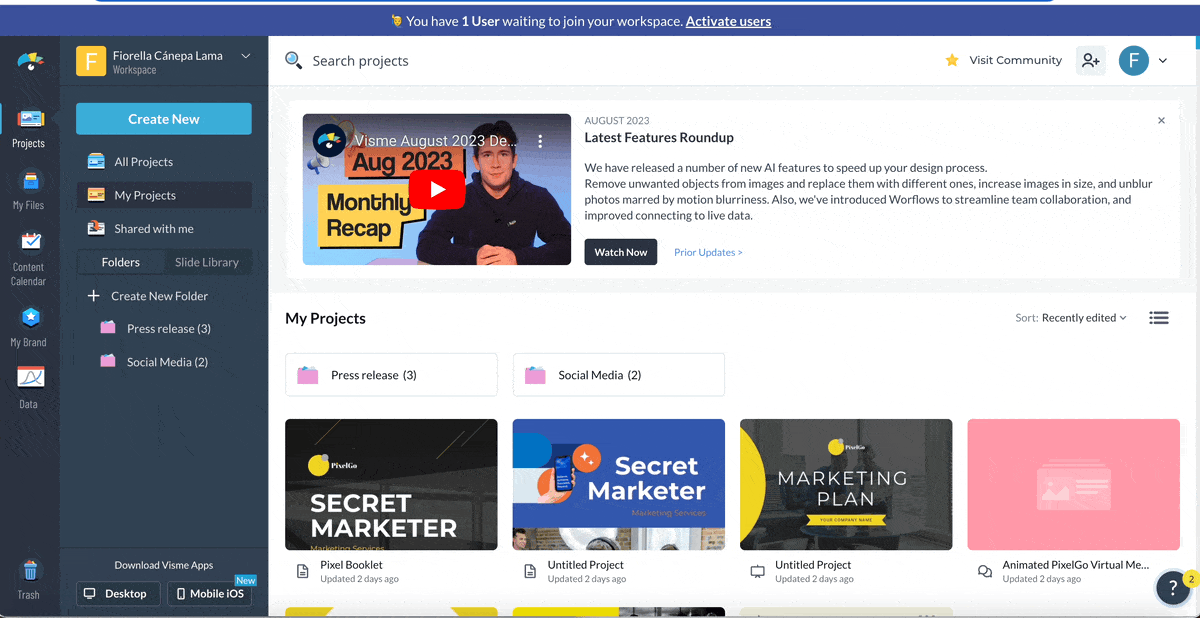
Step 3: Write the Content
Once you’ve selected your template, the next move is to write the content.
We’ve already broken down the key elements in a professional research proposal. But stick to the sections recommended by the funding agency or academic institution.
All you need to do is swap out the template’s placeholder content with yours. Visme’s intuitive editor makes it easy for you to add, edit or remove content or move design elements around the canvas.
You can modify your text, including adding, removing and adjusting the font size, style and color. The editor also includes options for changing text alignment and arrangement and animating your text.
When it comes to writing content, the Visme AI writer ensures you never run out of ideas. Simply input your prompt and the tool will generate a high-quality copy for you in minutes. You can even prompt the tool to improve your grammar or help flesh out your ideas.
Step 4: Visualize Data
Data visualization is a powerful tool for your research proposal. With Visme’s data visualization software, you can communicate complex ideas and provide context. To access data visualization features in Visme, click “Data” on the left tab. You’ll find options for
- Charts and Graphs
- Diagrams
- Tables
- Maps
- Data Widgets
In the methodology section, use diagrams, flowcharts, or infographics to illustrate complex concepts and methods.
Incorporate charts, graphs, or tables to display data and visualize your findings or expected outcomes.
Create a section for the timeline and milestones. Use a Gantt chart or calendar to show the start and end dates for each task and milestone. Include key events such as data collection, data analysis and report submission.
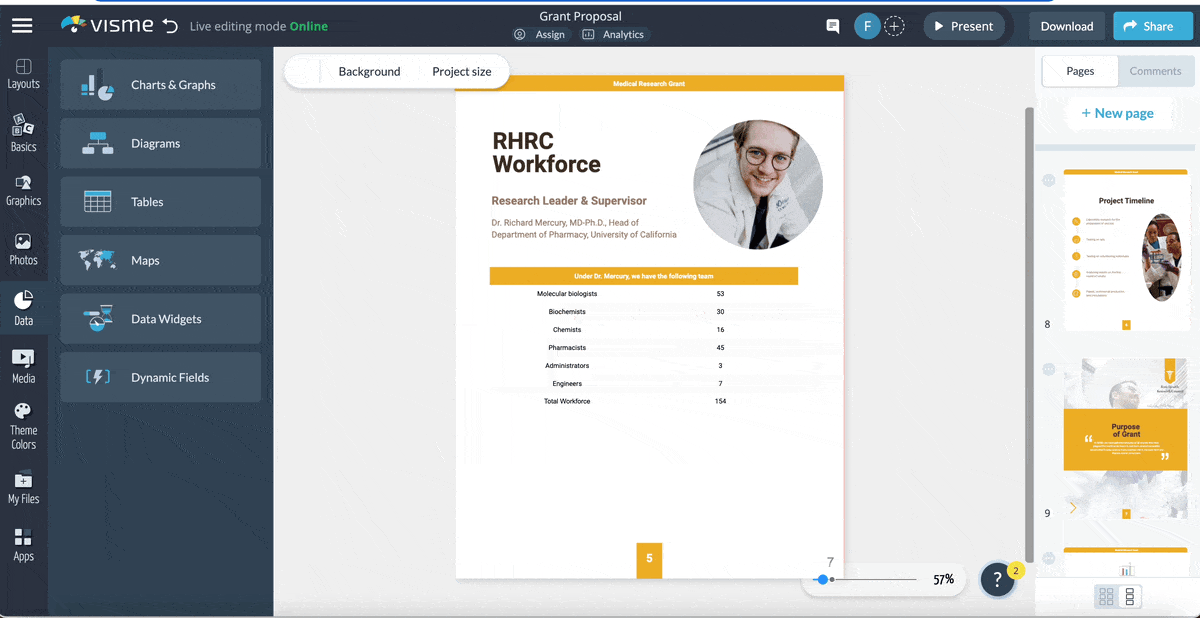
Step 5: Customize Your Research Proposal
Enhance the visual appeal of your proposal with the customization features in Visme.
Keep your proposal's branding consistent with Visme’s Brand Design Tool.
Just input your website URL and the wizard will pull up your logo, colors, fonts and other design elements. With your brand assets saved in your brand kit, you can apply your branding to your proposal in one click.
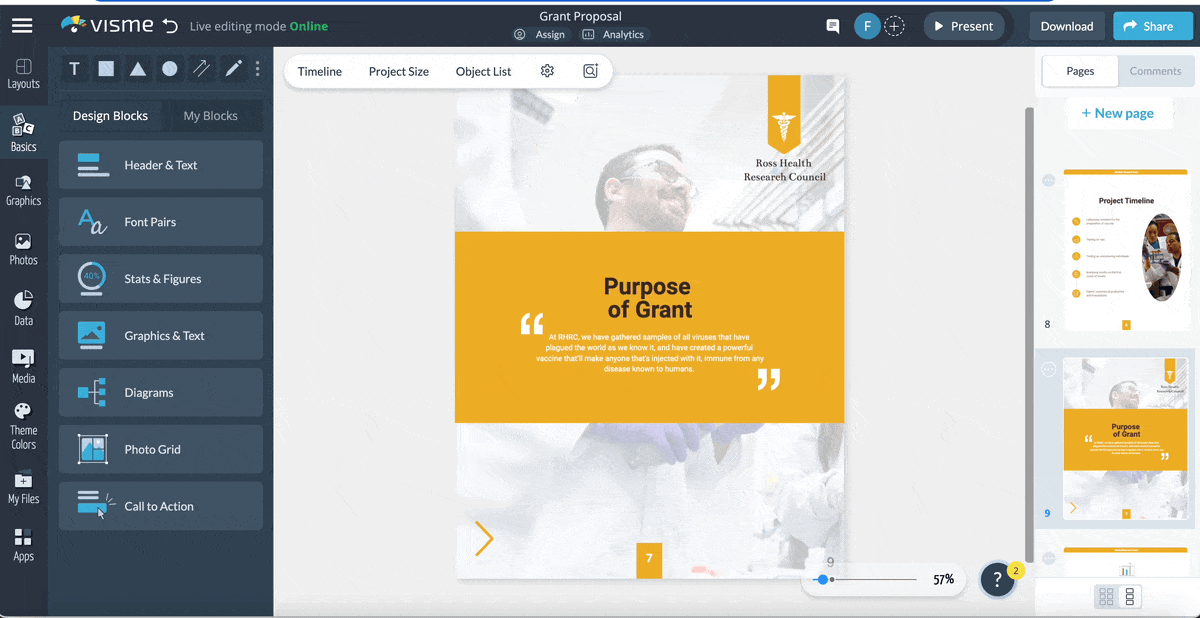
Incorporate high-quality images and graphics to make your proposal captivating. You can reach into Visme’s library of stock photos, icons, graphics and more. Or better yet, generate unique and high-quality photos, paintings, pencil drawings, 3D graphics, icons and abstract art using Visme’s AI image generator.
Engage readers and keep them interested in the proposal with Visme’s interactive elements, including pop ups, hover effects, clickable menus, hotspots and the flipbook effect. You can even embed videos and incorporate animated icons, illustrations and special effects.
To customize this proposal for multiple agencies without breaking a sweat, use dynamic fields to change key details. Set it up so it's easy for you to change information in seconds.
Step 6: Download and Share Your Proposal
Once you’re sold on your design, you can share it with your stakeholders by generating an online link. This option enables you to retain all the interactive elements in your design.

Also, you can download it as a high-resolution JPEG, PNG, PDF or HTML5 file and share it offline.

With Visme’s analytics tool, you can track how many people have viewed, engaged, or taken other actions.
Best Practices When Writing a Research Proposal
Writing a successful research proposal requires careful planning, attention to detail and a clear and compelling argument for the importance of your research. Here are some best practices to help you write a strong research proposal:
1. Understand the Requirements
Before you start work on your research proposal, review and understand the specific requirements and guidelines set forth by your university or funding agency.
Although we’ve covered the essentials here, every institution has its own set of expectations.
Pay close attention to the requested format, structure and content expectations. Find out about the citation style, page length, word count limit, font size and type, etc.
Find out about their review process. What do they look for? How will they judge your work?
Understanding these details will help you write a better proposal. You can tailor your proposal to meet the needs of the reviewers and maximize your chances of getting funding or support for your research.
2. Get Feedback from Peers and Mentors
Before you send out your reports, share them with colleagues, advisors, or peers. Ask them to review your proposal and provide feedback. Use their suggestions to improve your proposal and make it more competitive.
The best part is that Visme’s collaboration tool makes this process seamless. You can add multiple people to your workspace and set permissions. Depending on their access level, your team members can edit your proposal, leave feedback, reply to comments, draw annotations and much more.
3. Revise and Edit Your Proposal
Academic writing often requires multiple drafts and research proposals are no exception. To ensure that your proposal is clear, coherent and persuasive, revise it multiple times. And if necessary, rewrite sections to make them even better.
Don't be afraid to make significant changes to the proposal. For example, this may entail reorganizing sections, revising the methodology, or even adjusting the research question entirely.
Thoroughly edit your proposal to correct grammar, spelling, punctuation and syntax errors. Also, ensure that your proposal maintains consistent formatting, styling and terminology. This can significantly enhance the quality and effectiveness of your proposal.
4. Incorporate Visual Aids
When writing a proposal, incorporate visual aids like tables, graphs and figures. They enhance the clarity and impact of your proposal. Visual aids simplify complex data and ideas, making it easier for reviewers to understand key findings, trends and patterns.
However, you want to use them sparingly for data storytelling as well. The rule of thumb is to use relevant types of visual aids. Also, visualize the most critical data and concepts that require illustration.
For instance, tables are useful for comparing data, while graphs and charts are ideal for showing trends and patterns. Diagrams and flowcharts can help explain complex processes or systems. Images and photographs are perfect for illustrating specific phenomena or contexts.
Remember, visual aids should supplement and reinforce your argument, not replace it. Embed them seamlessly into the text, providing context and explanation where necessary. This helps the reviewer connect the dots between your arguments and the supporting evidence.
Easily Create Professional Documents & Proposals with Visme
Whether you're just starting your thesis, seeking research grants, or a professional aiming to make a difference in your field, knowing how to write a compelling research proposal is crucial.
A great research proposal provides a clear sense of purpose and direction. It also increases your chances of obtaining grants, scholarships, or sponsorship.
Ready to create a compelling and effective research proposal? Visme has a wide variety of tools, features and resources to help you create one quickly.
Leverage Visme's proposal templates, intuitive editor and interactive features to make your proposal shine.
Sign up for your own Visme account and start designing your next compelling research proposal!
Create Stunning Content!
Design visual brand experiences for your business whether you are a seasoned designer or a total novice.
Try Visme for free


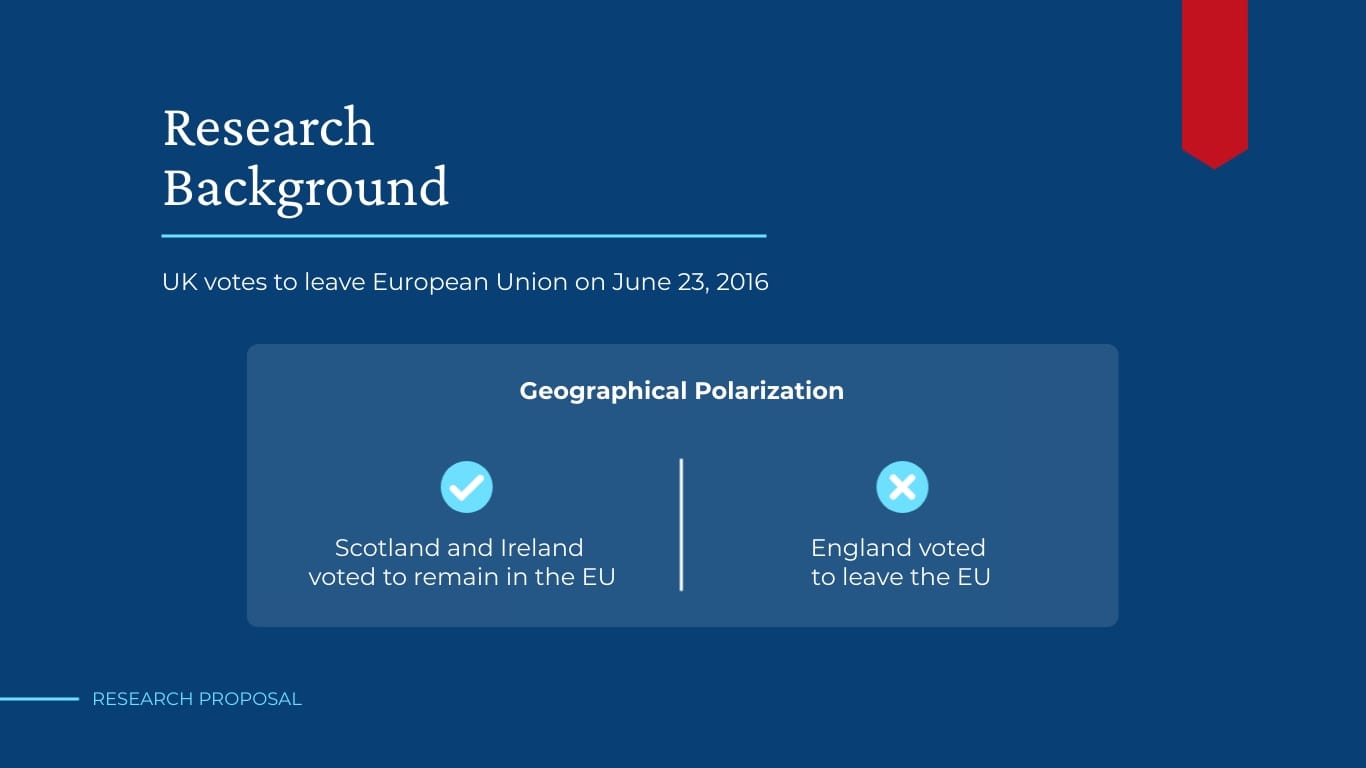

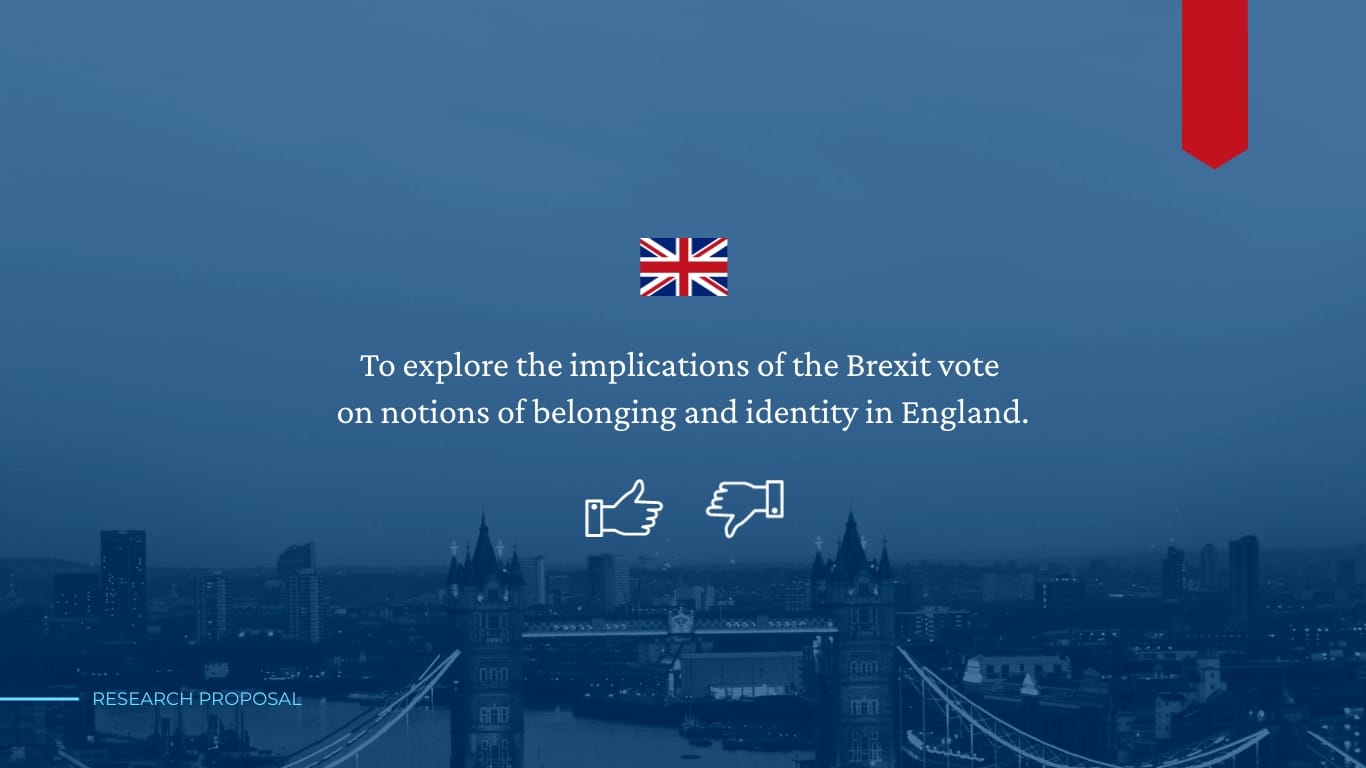
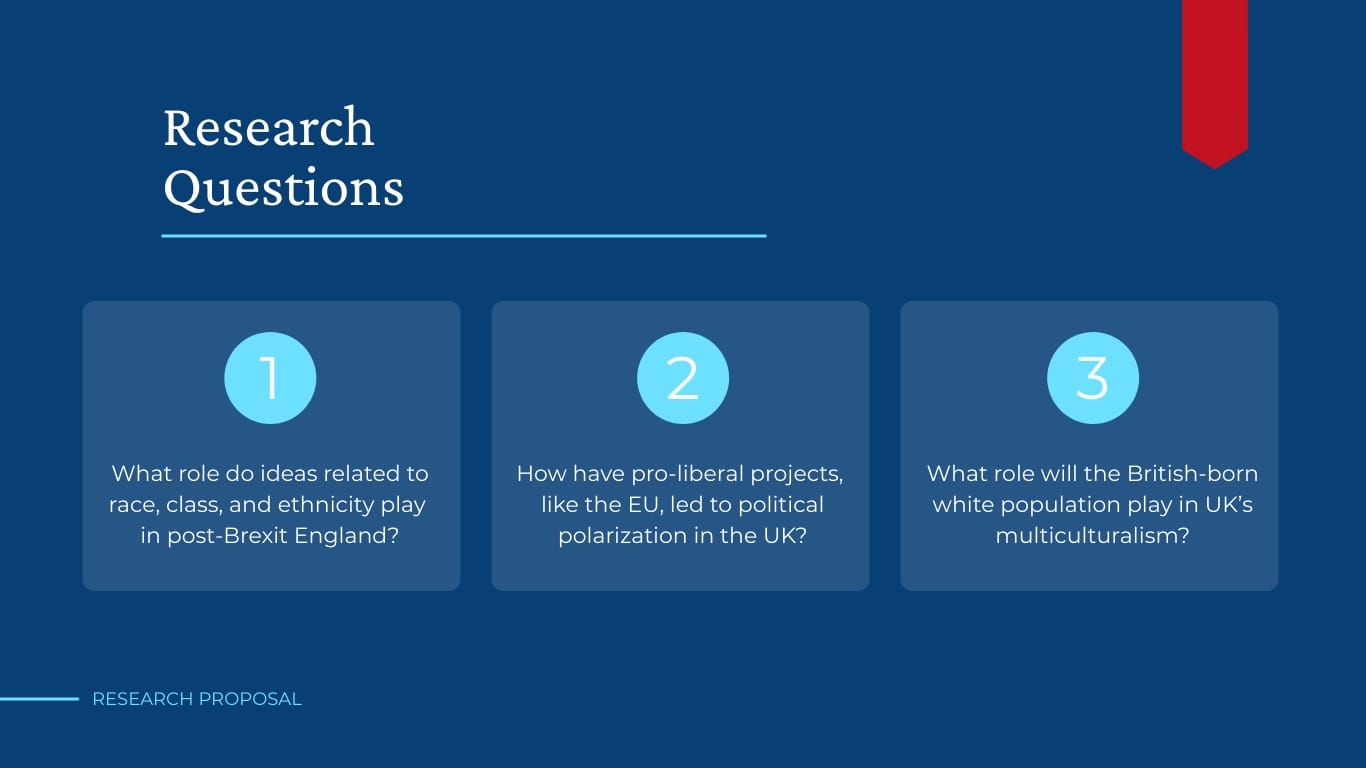
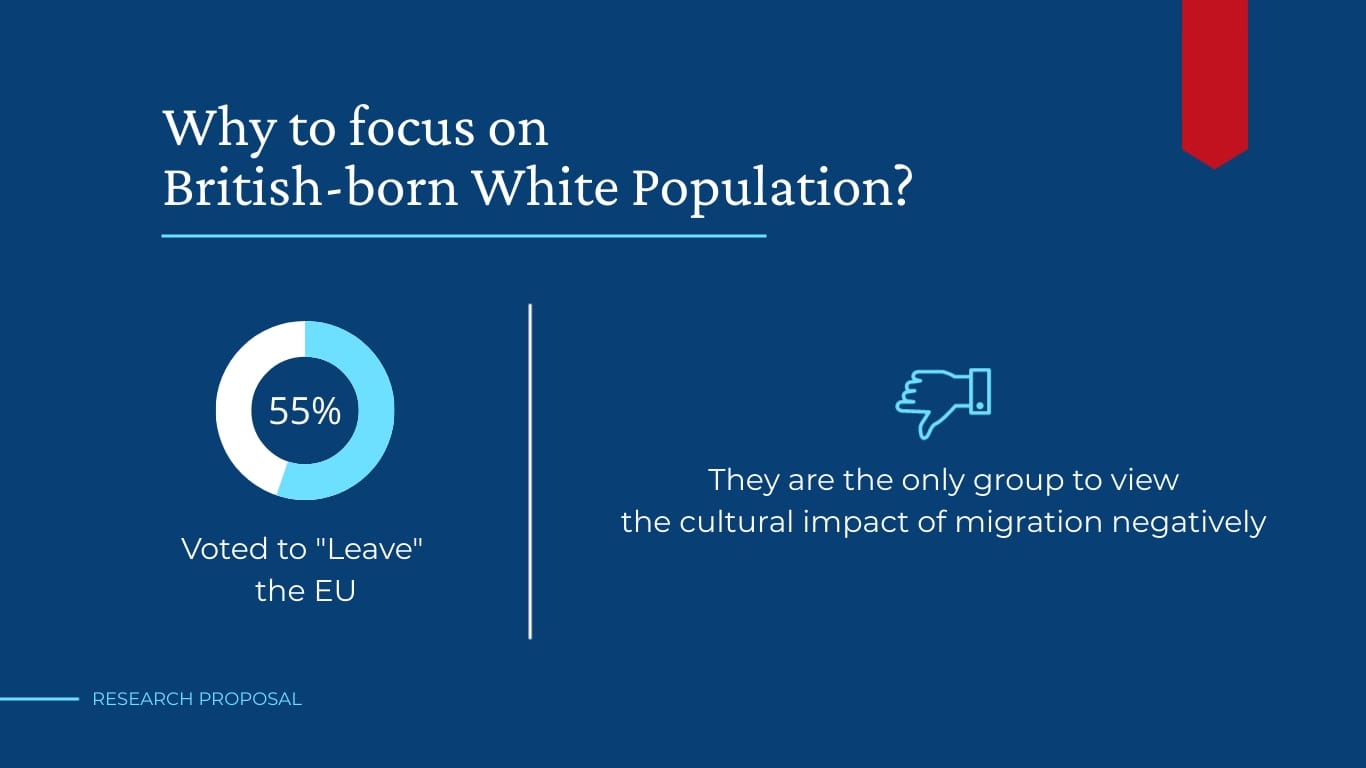
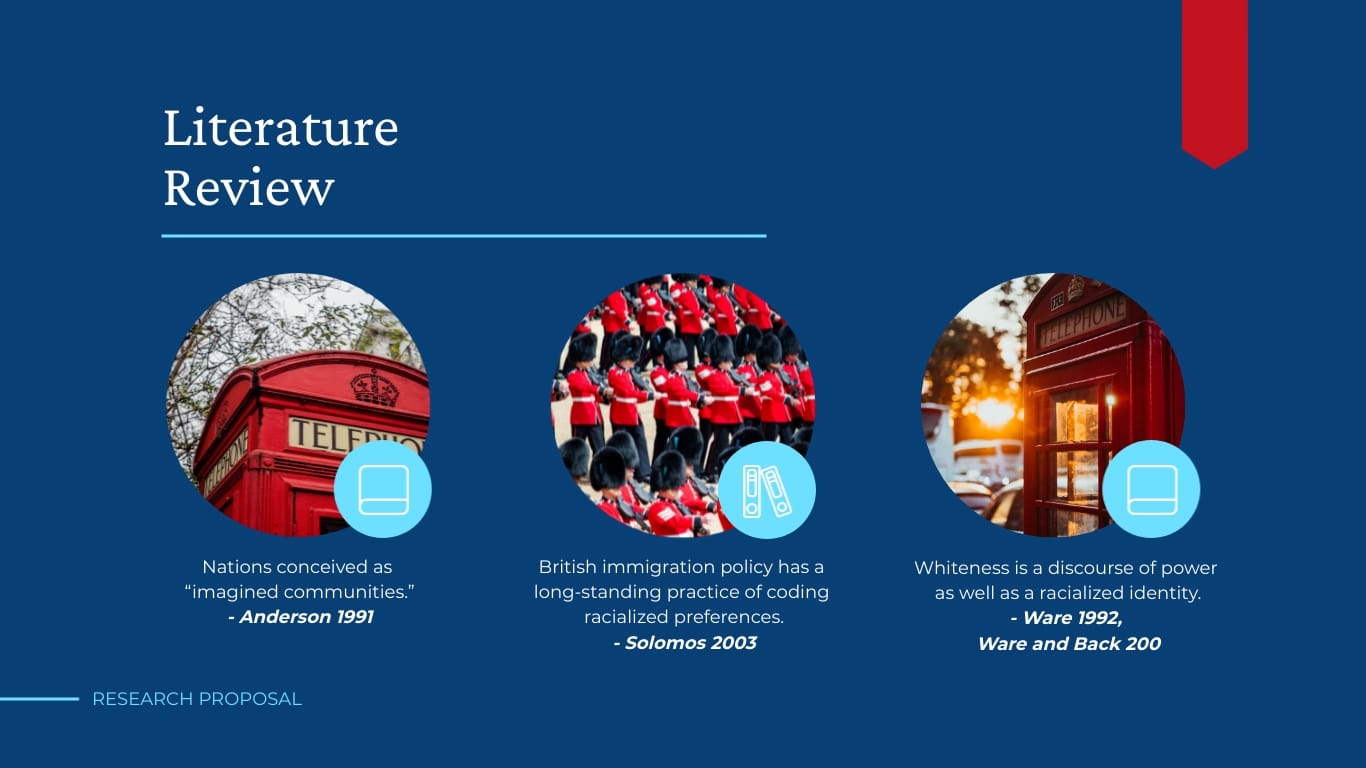

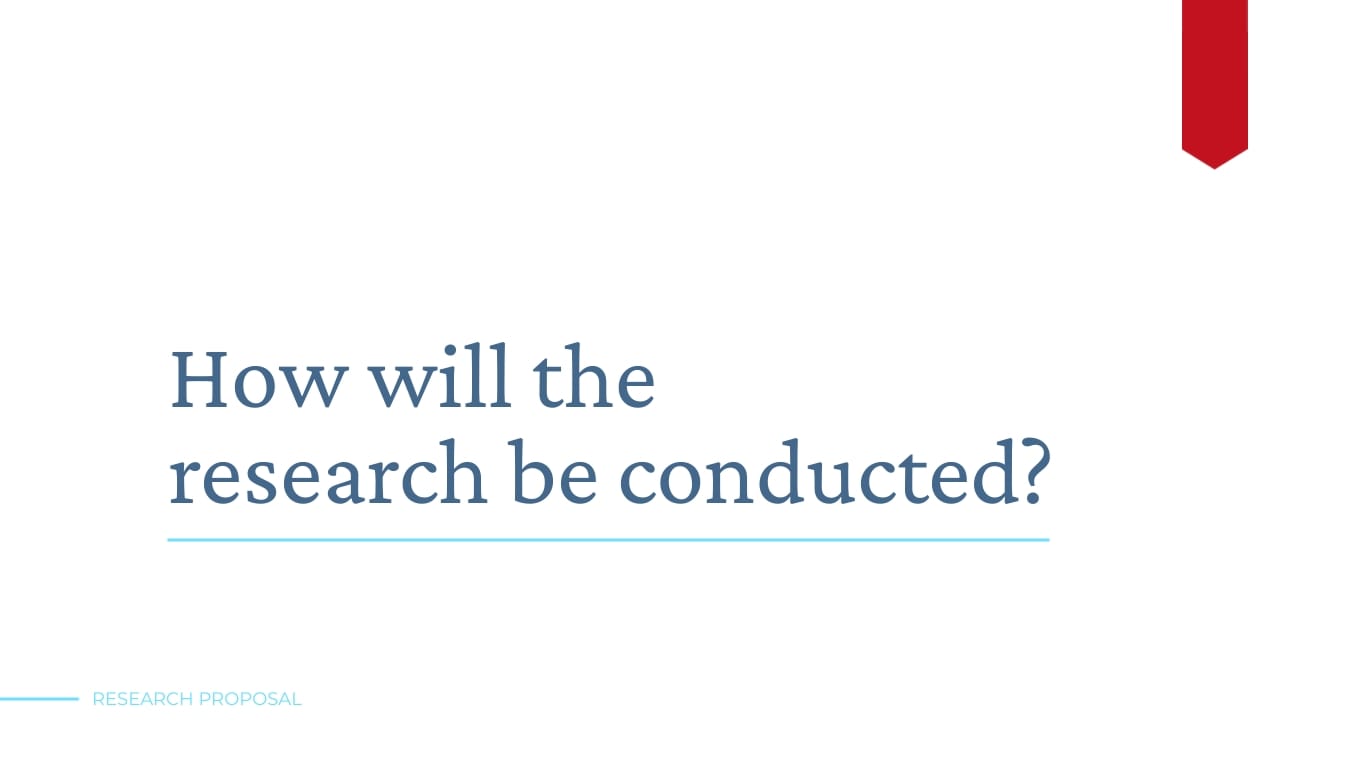
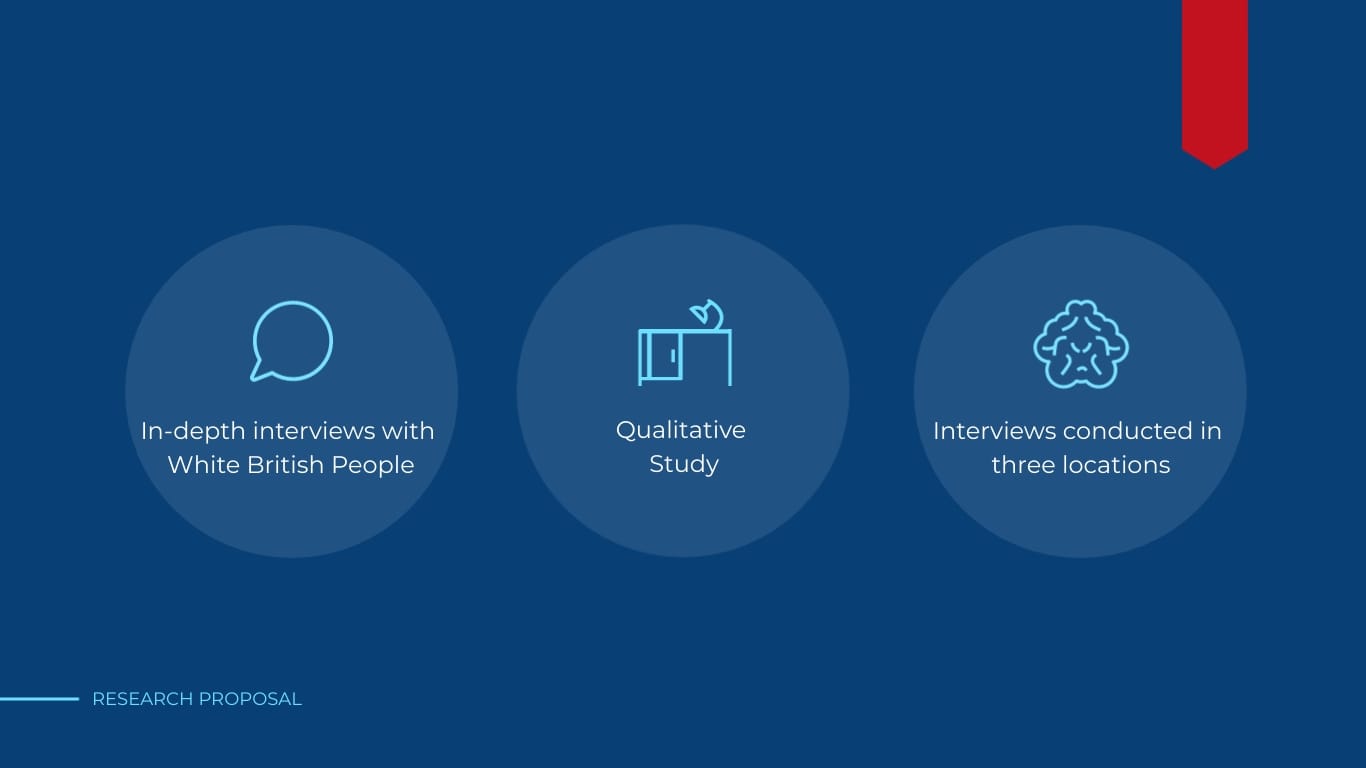
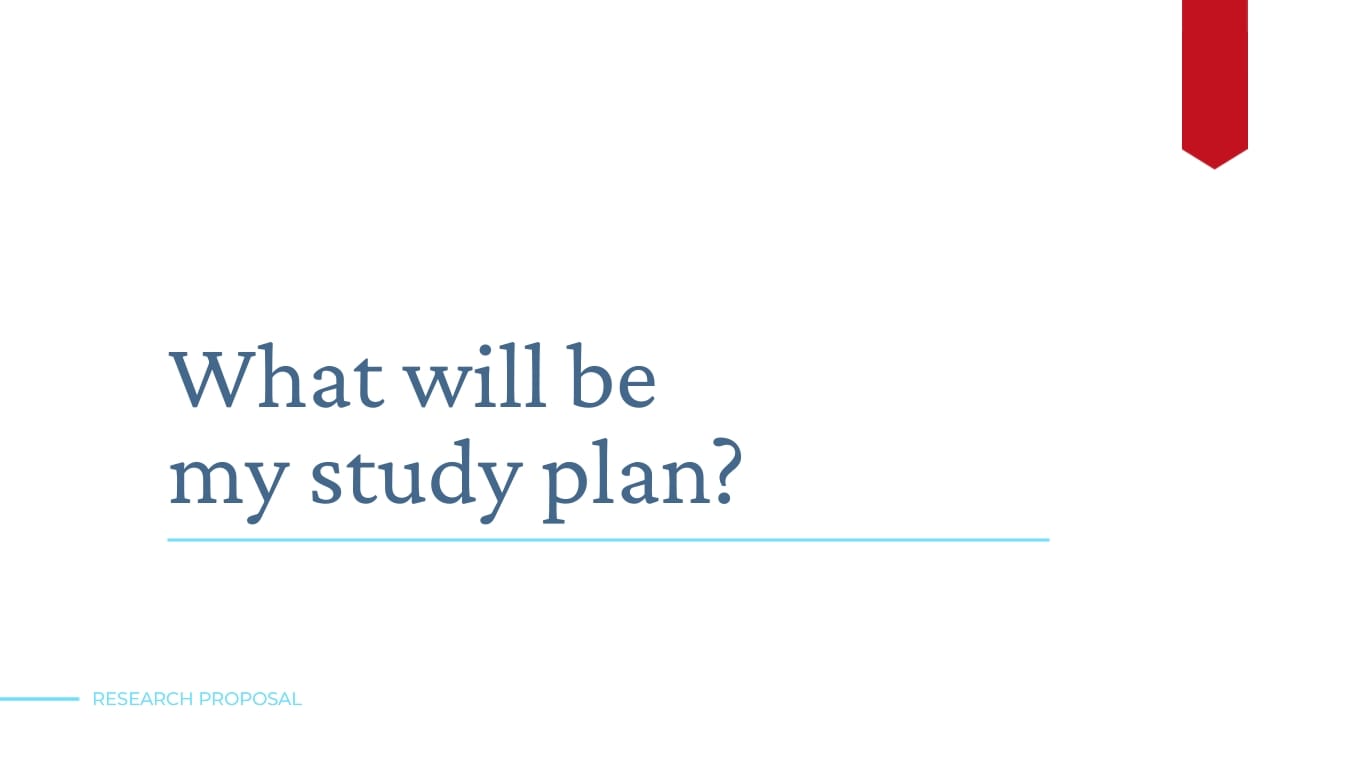
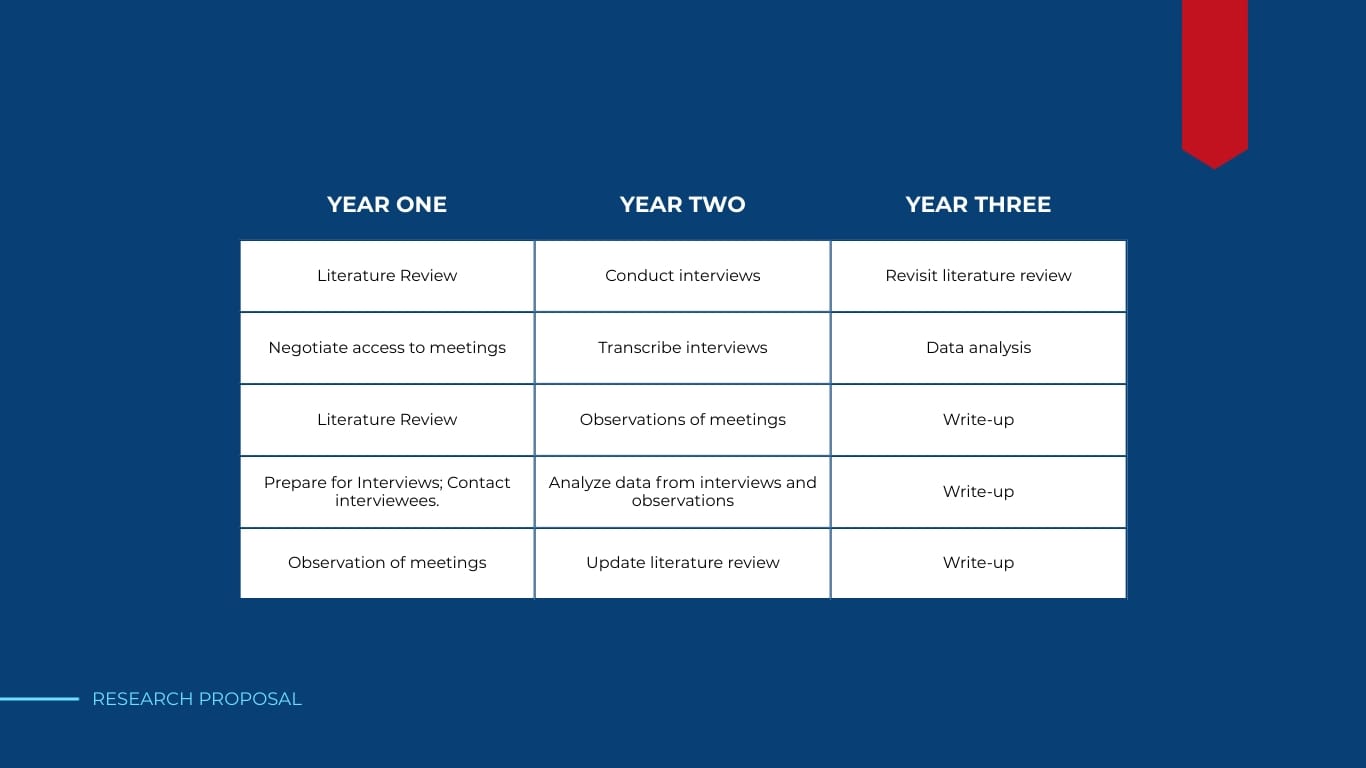










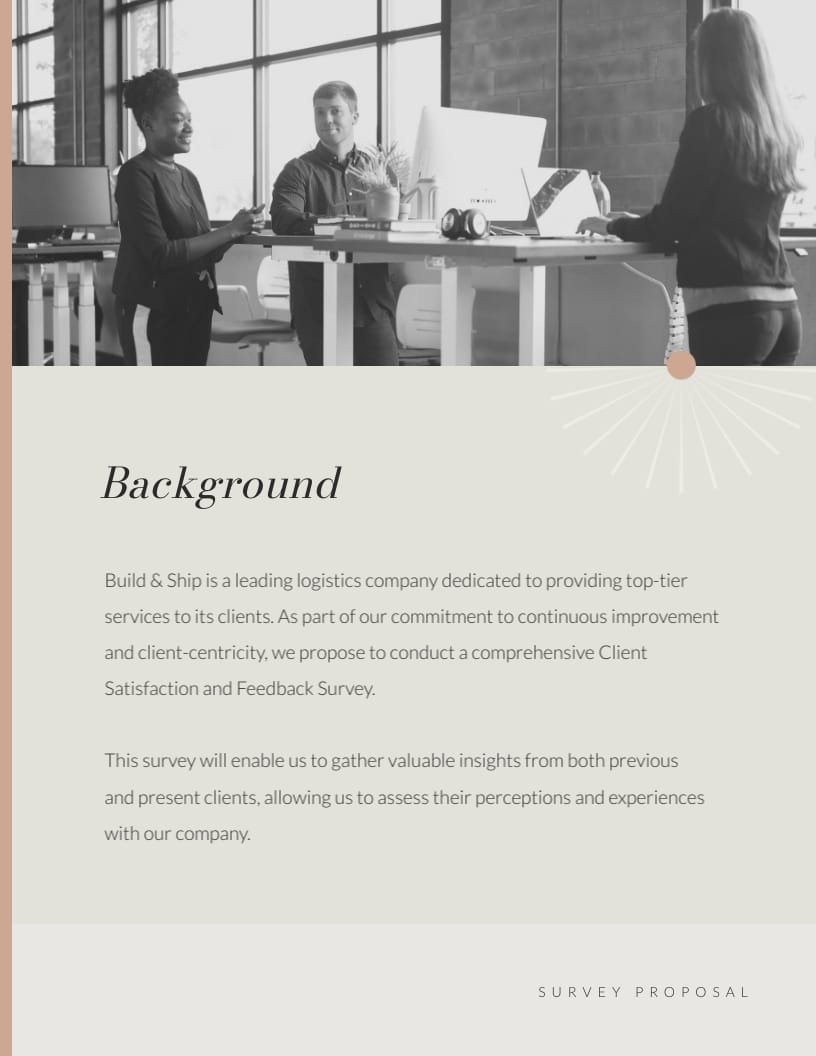
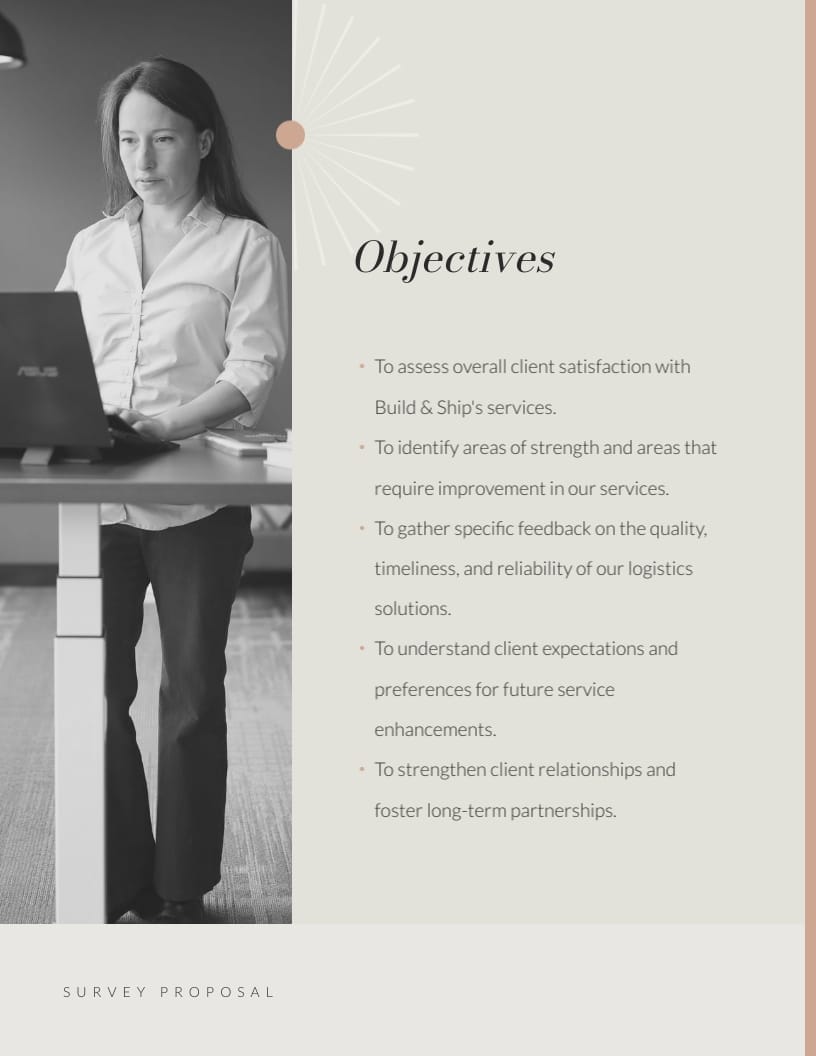
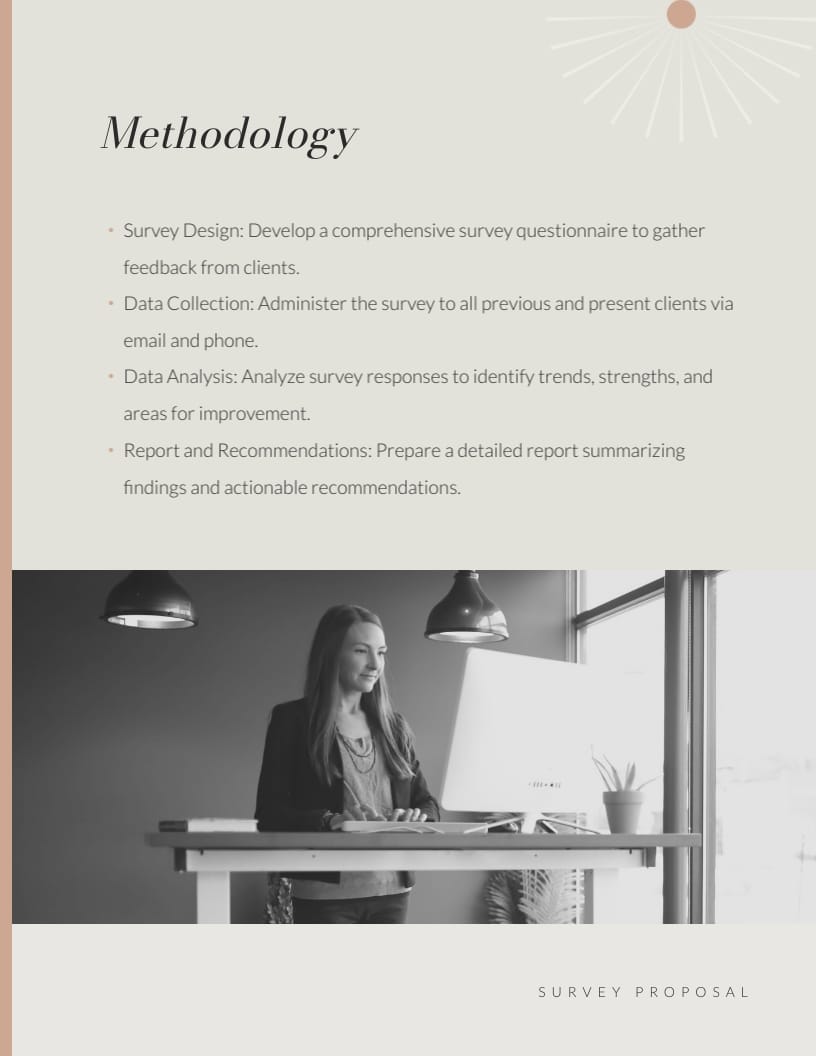

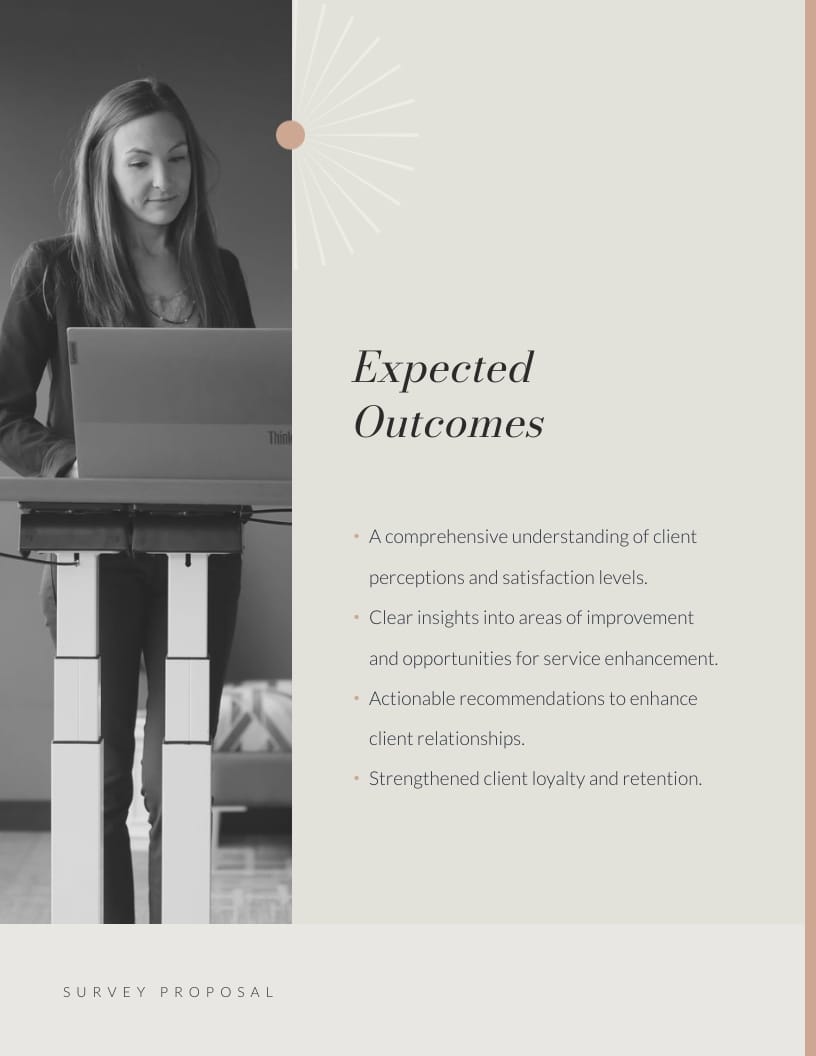
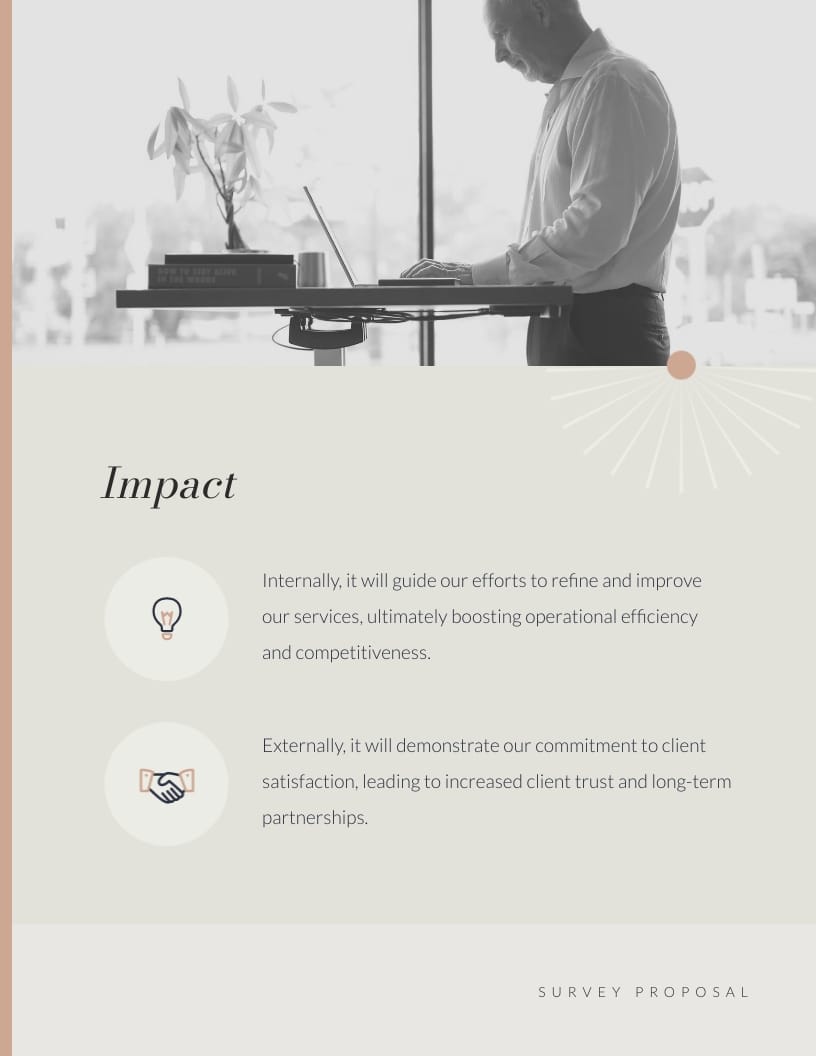
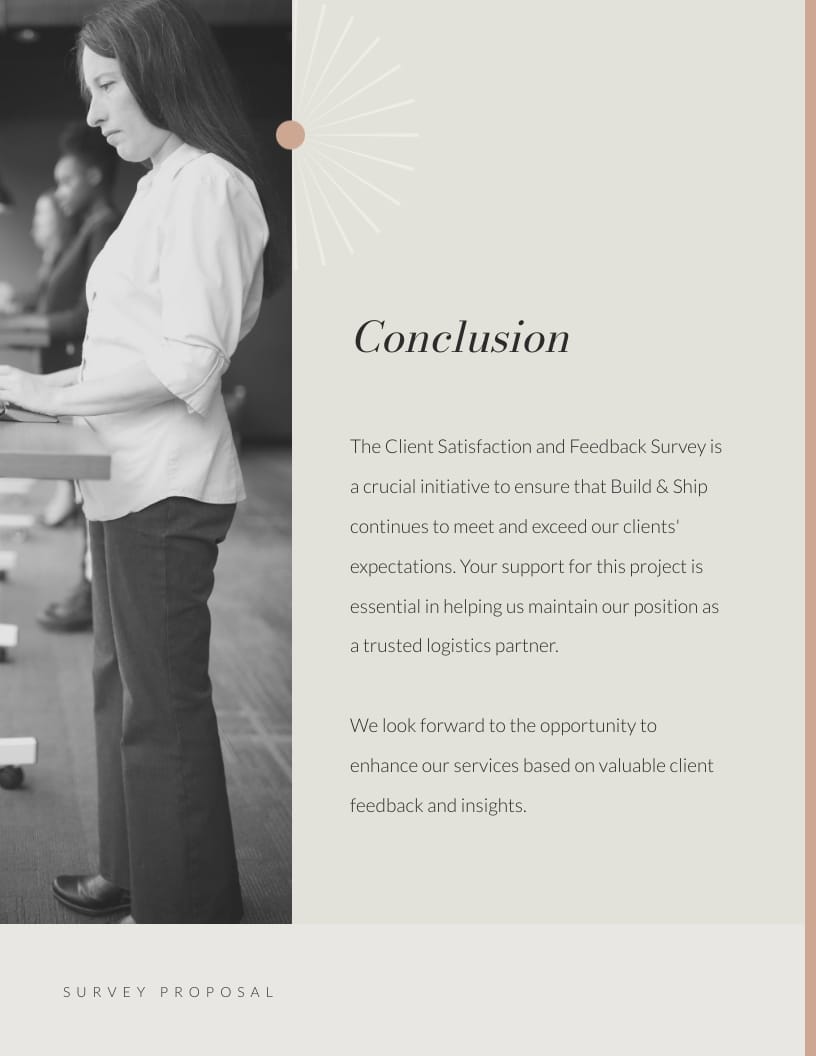



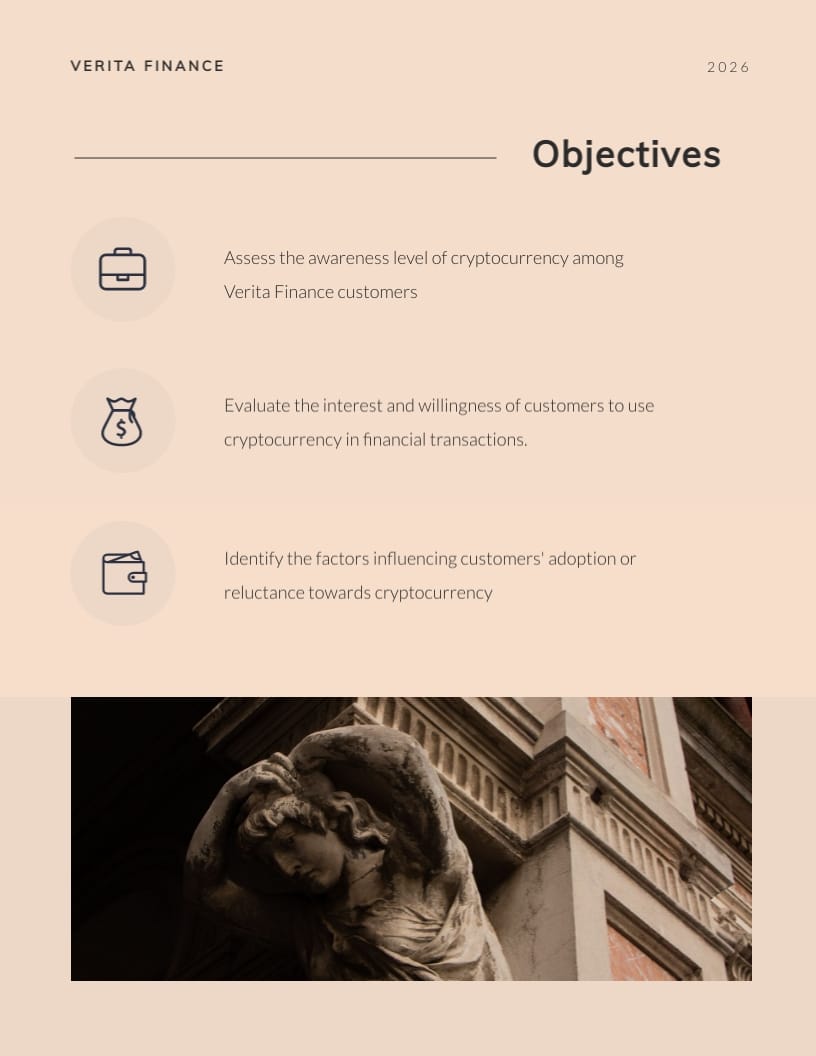
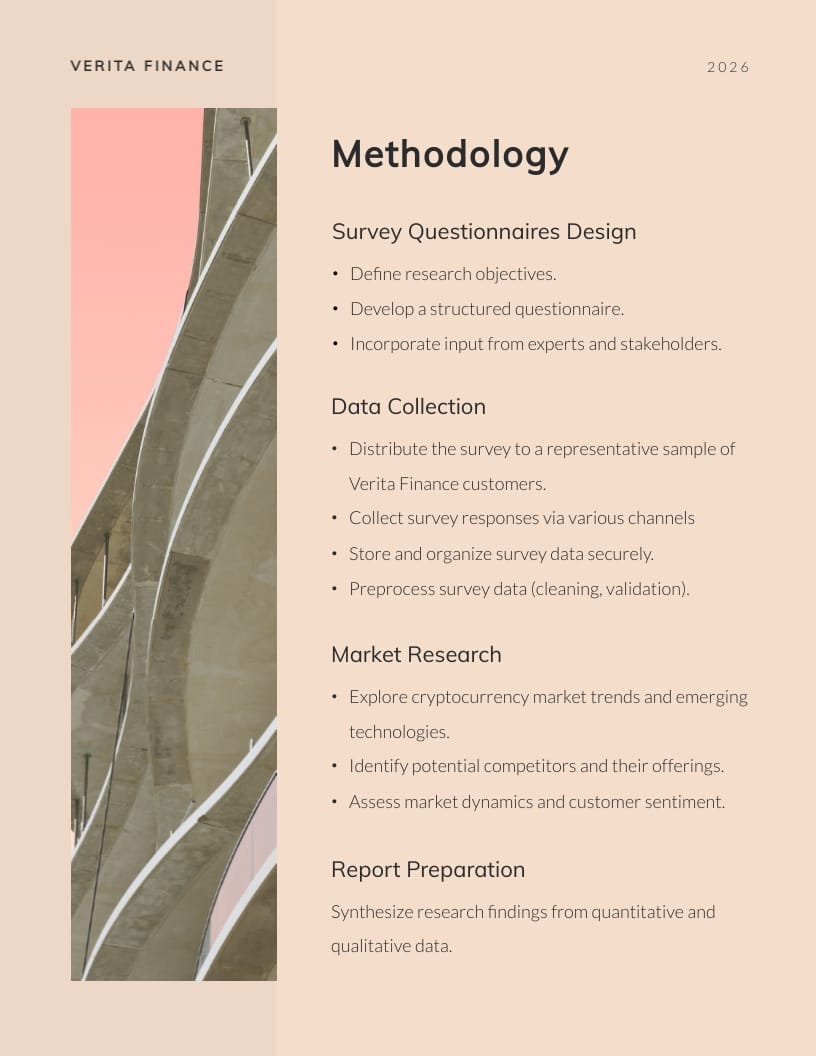

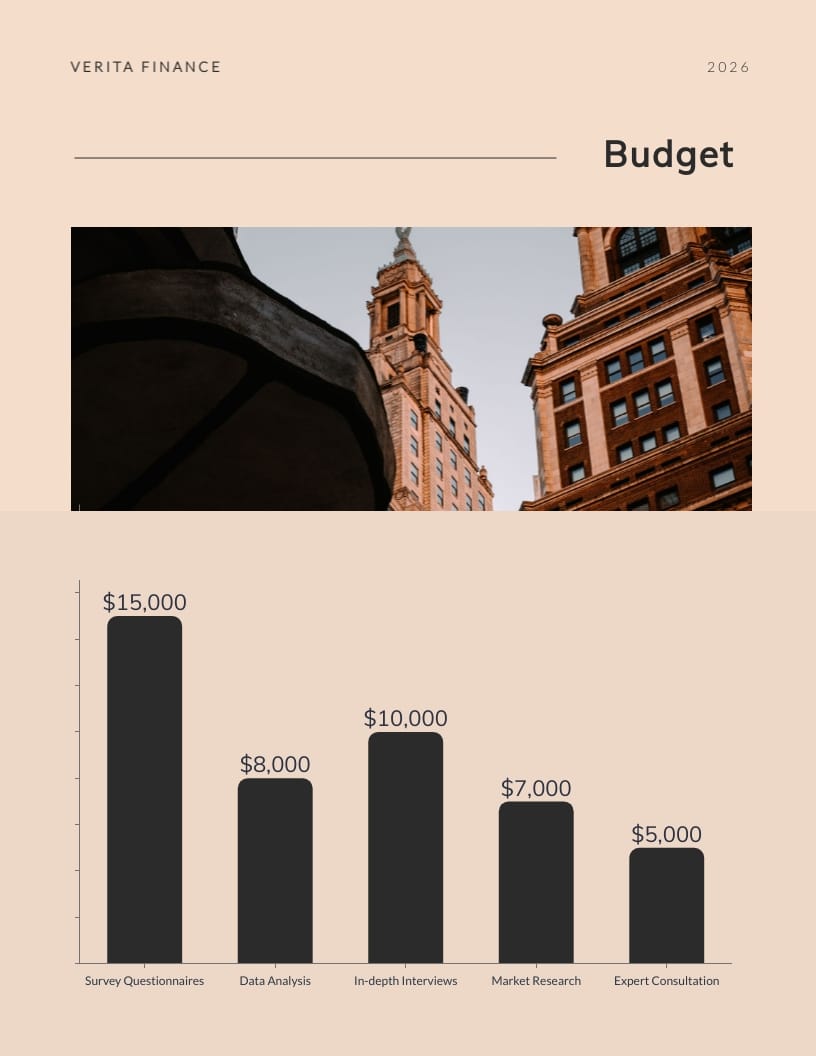
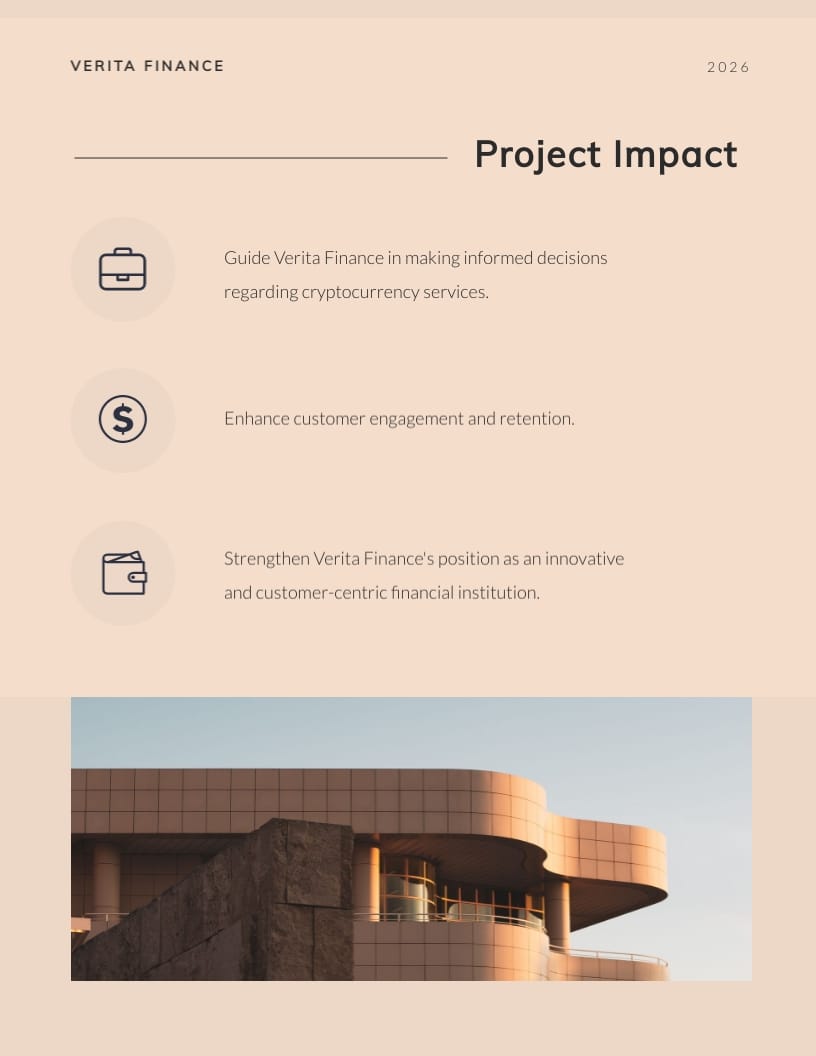



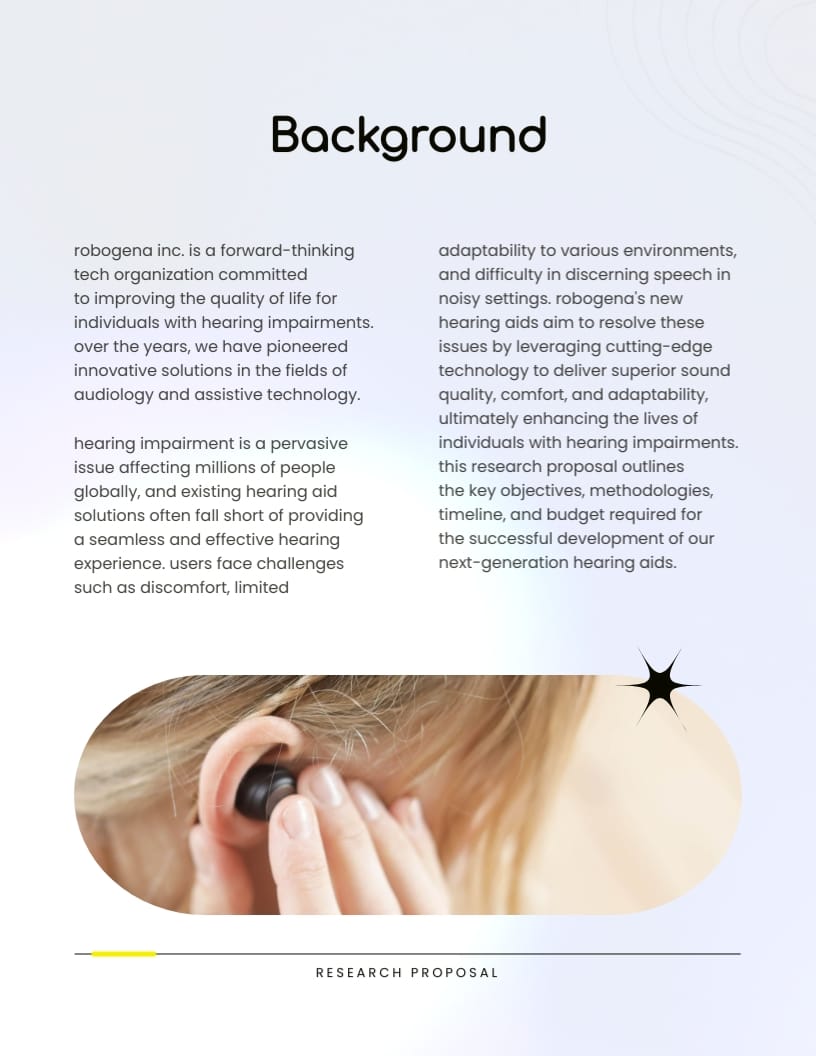
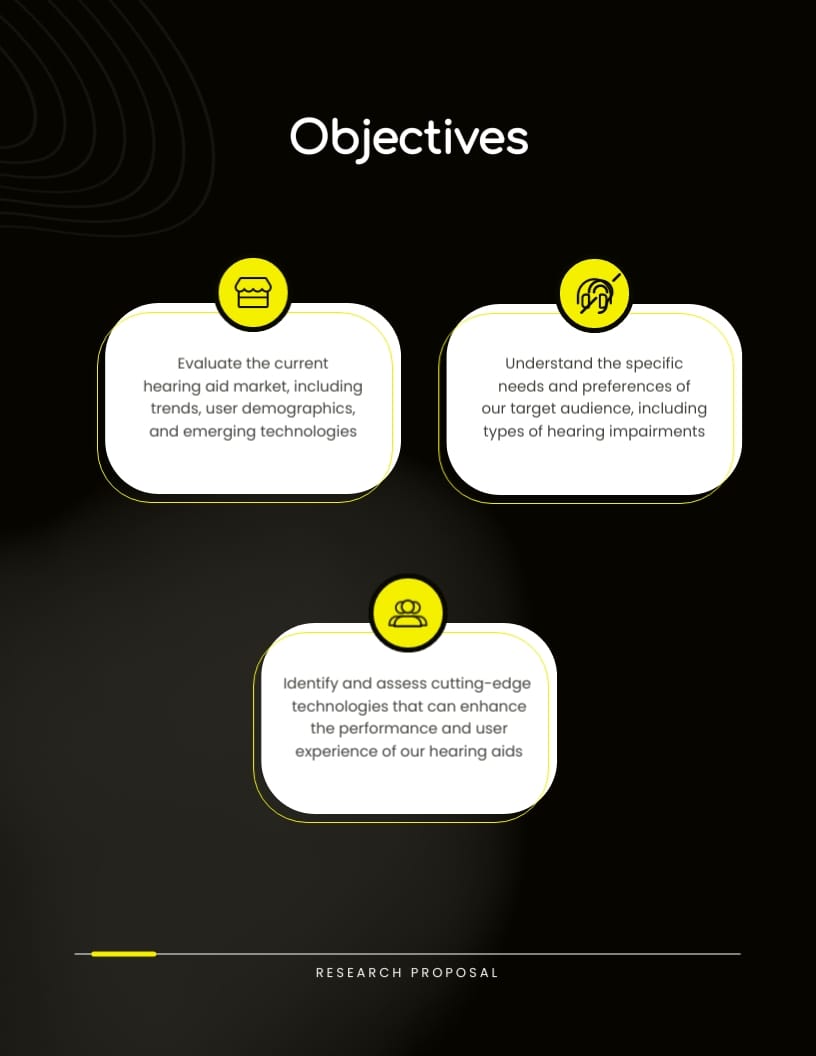
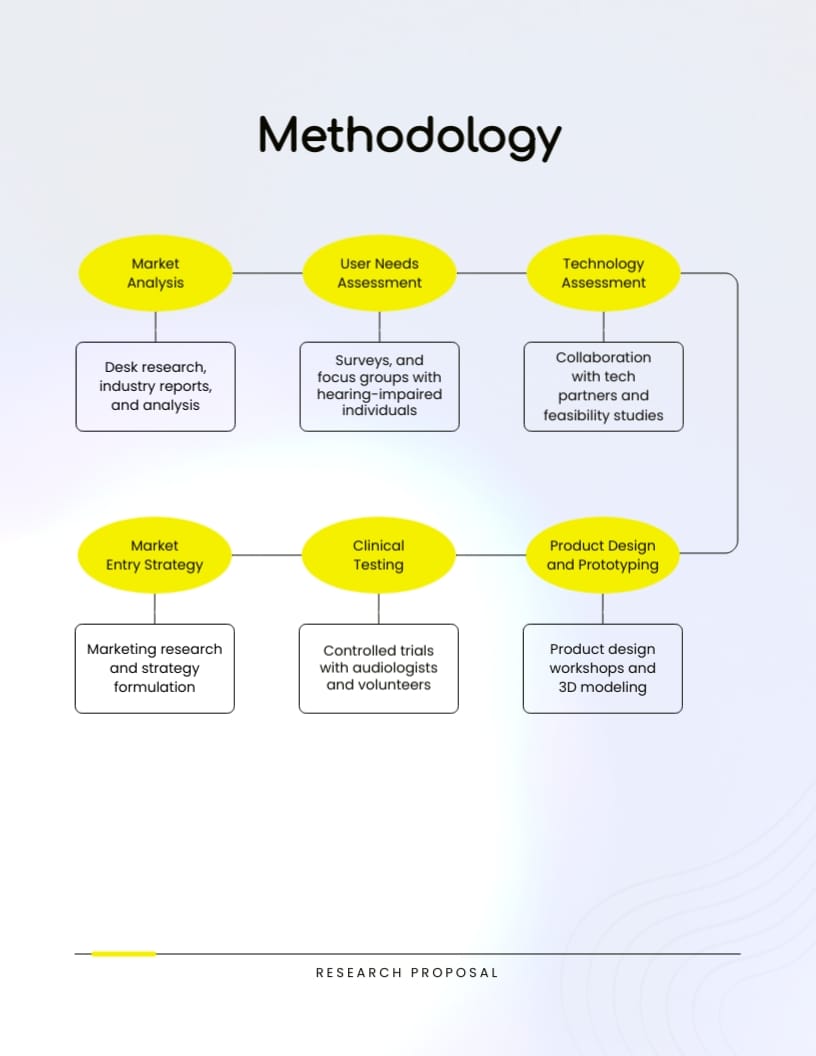

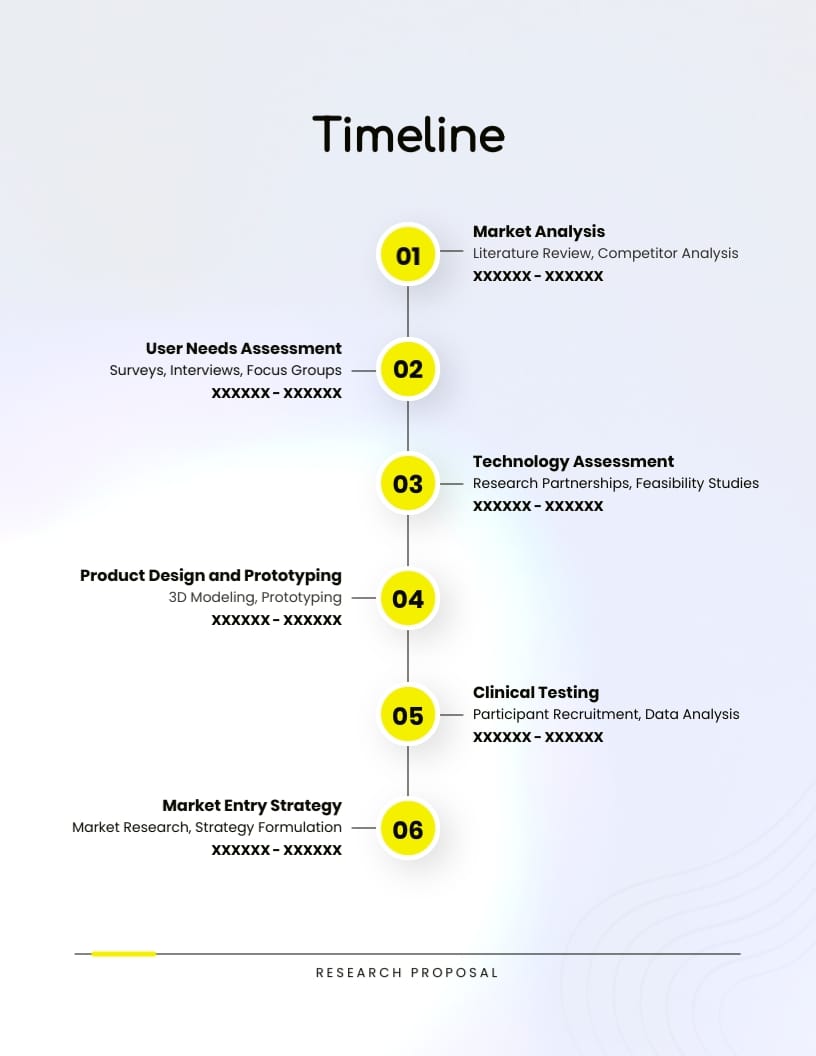
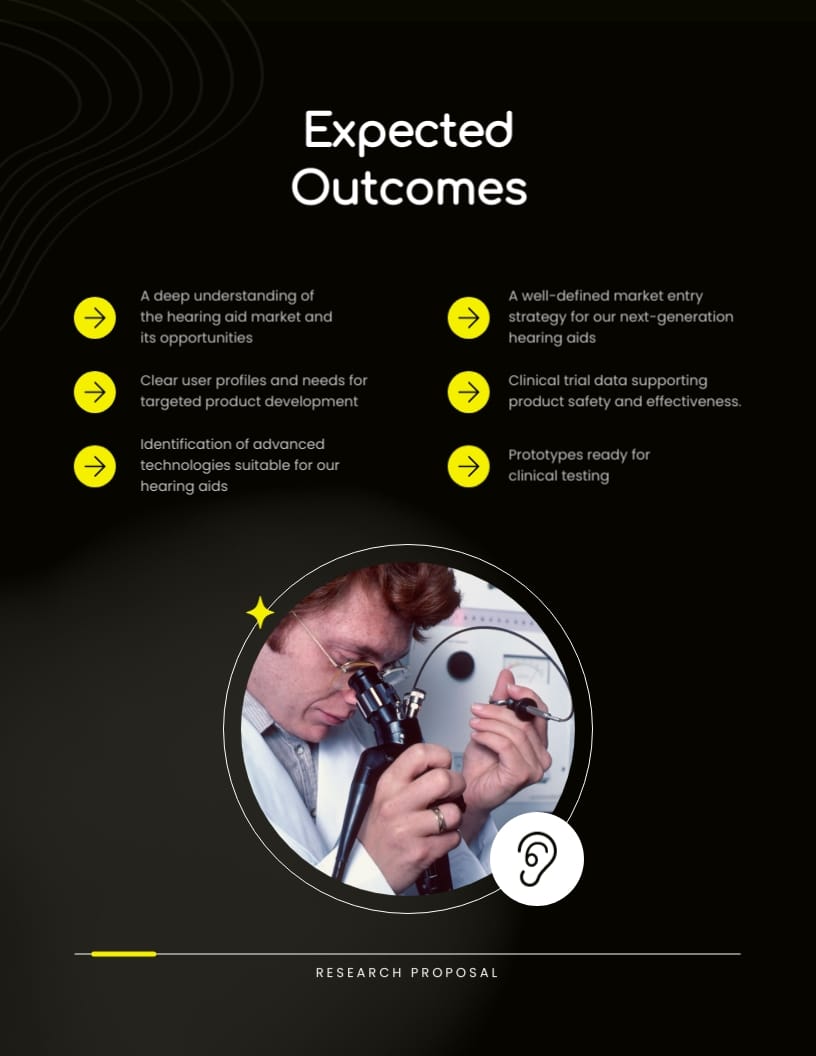
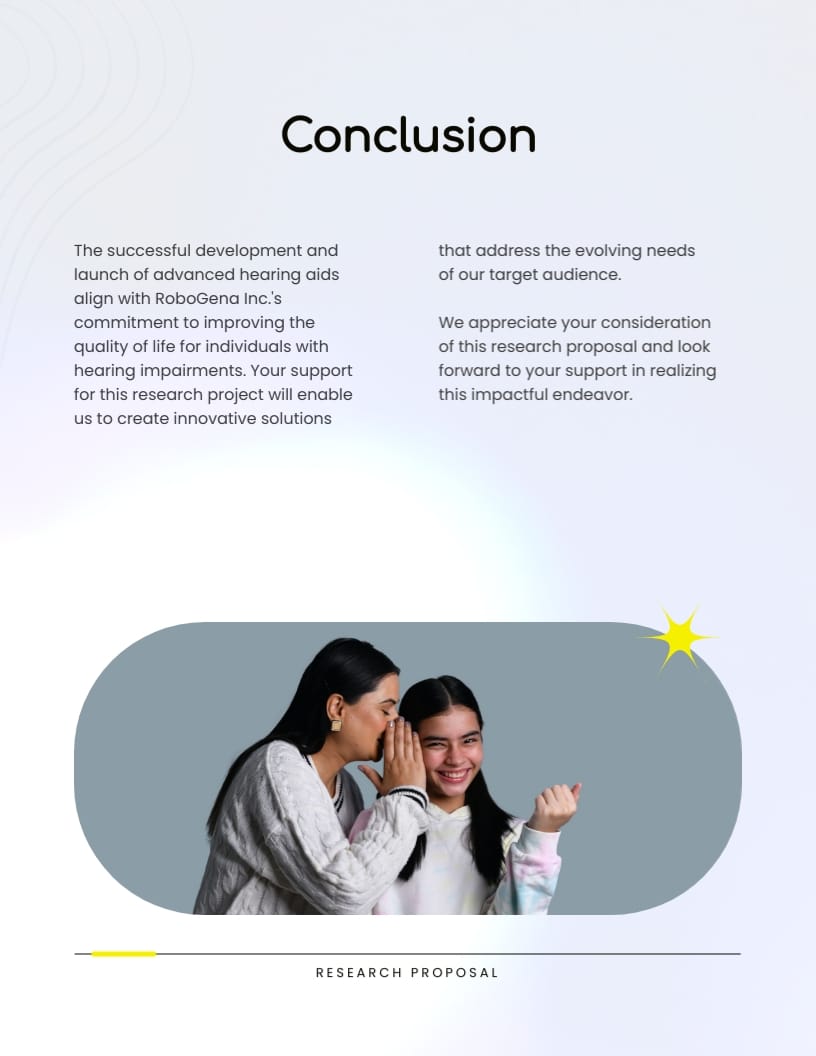



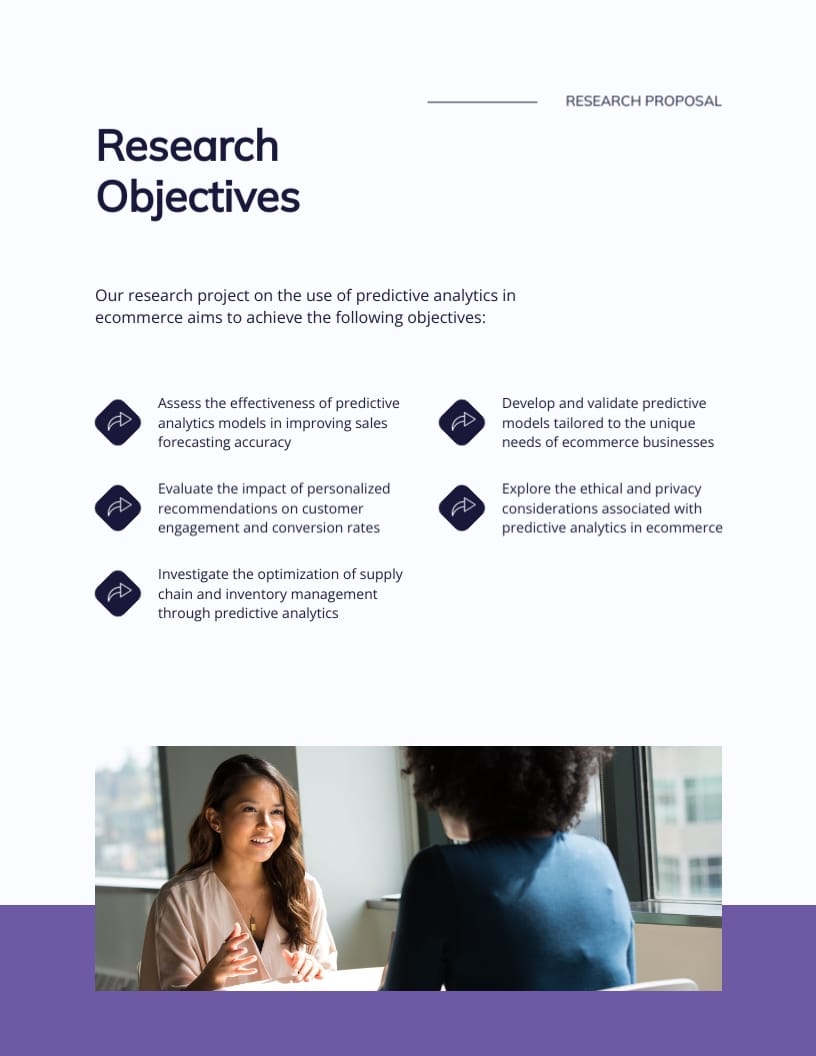

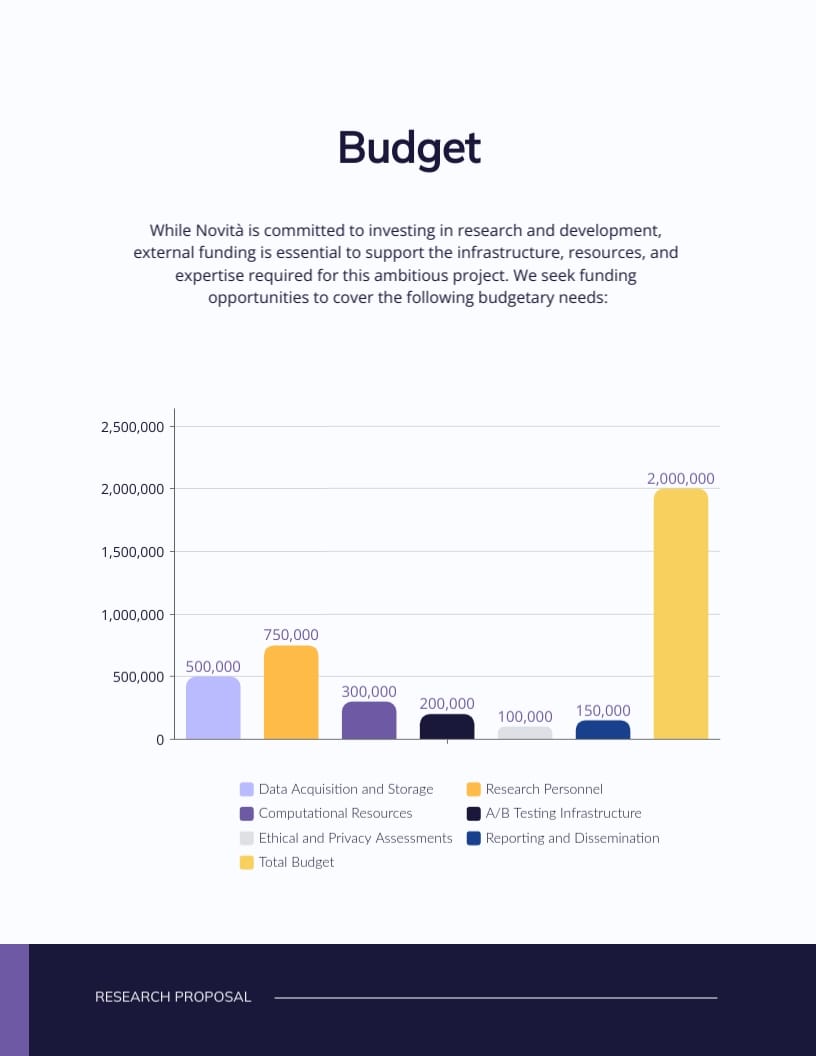
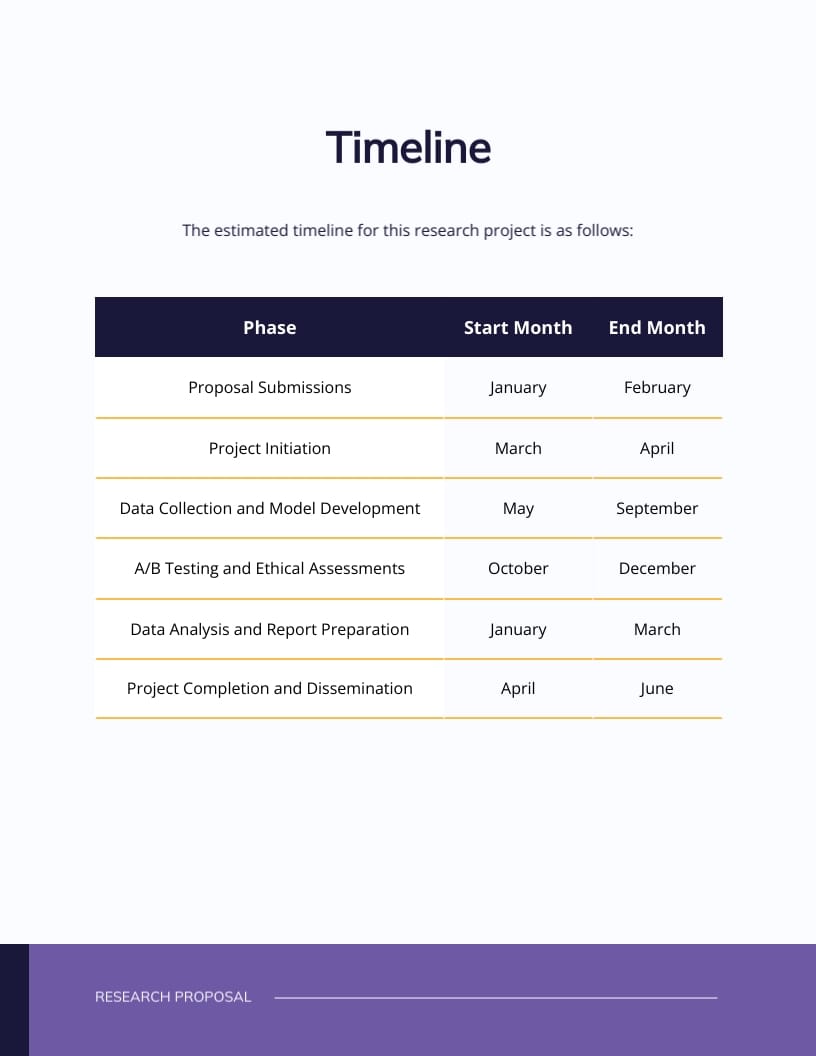
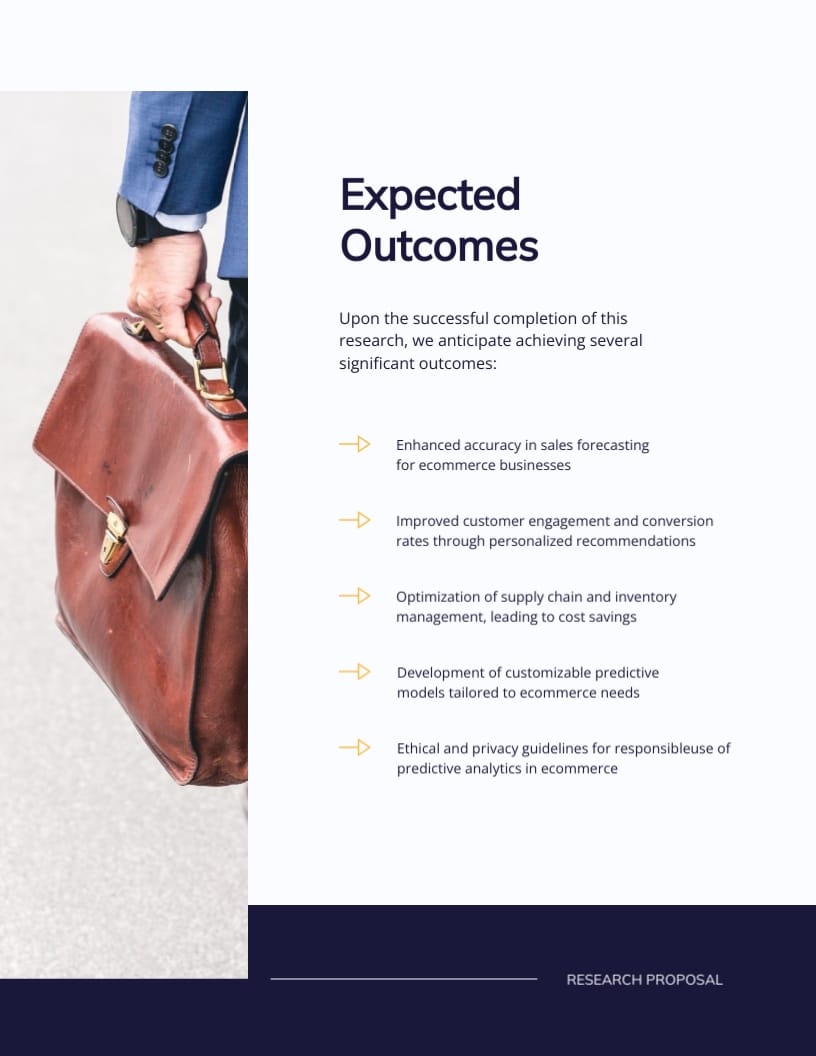
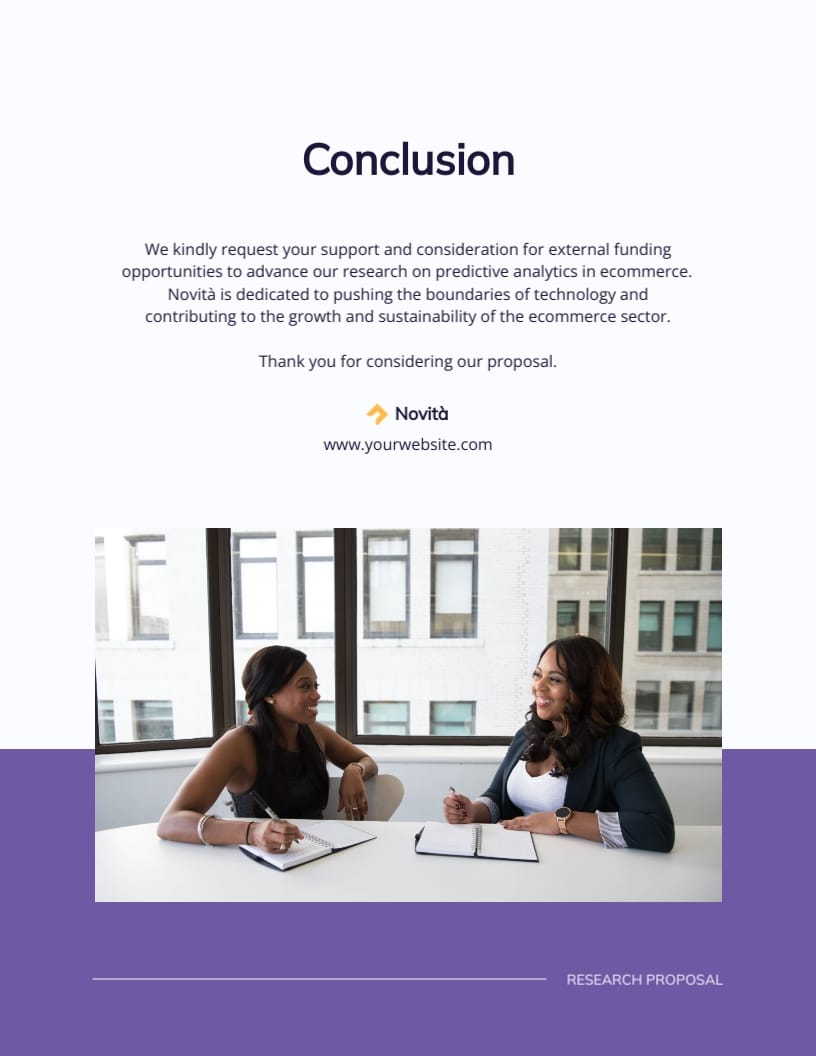

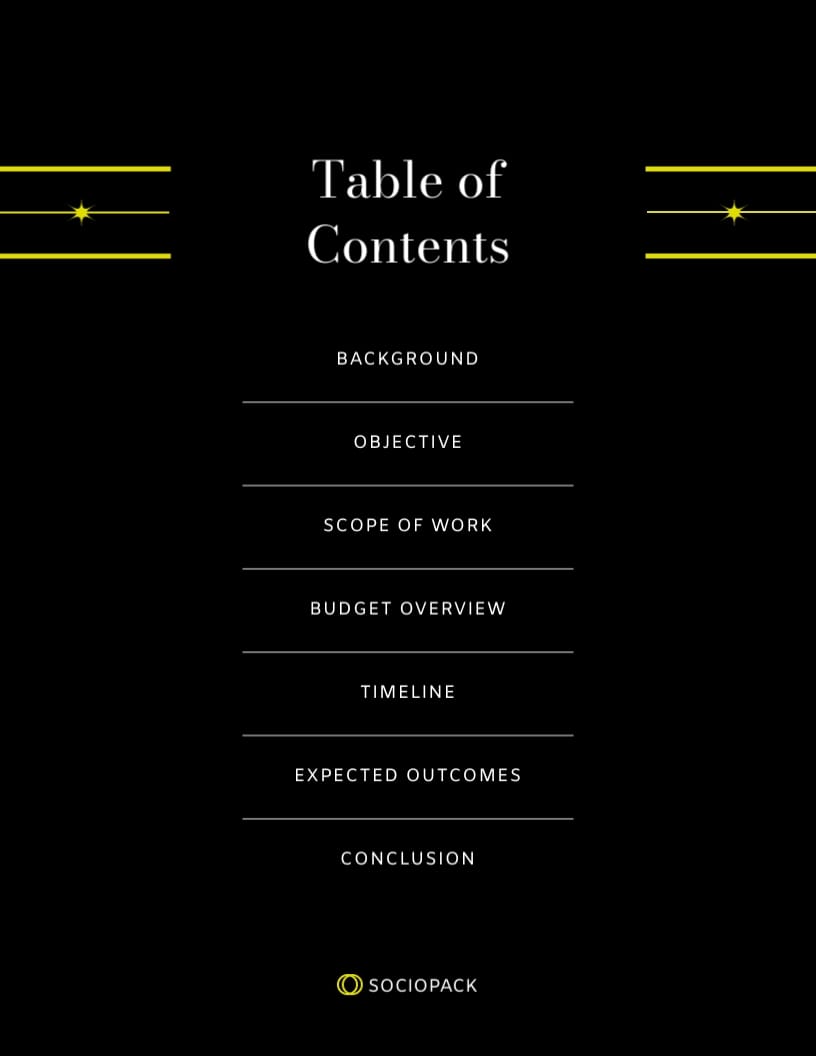


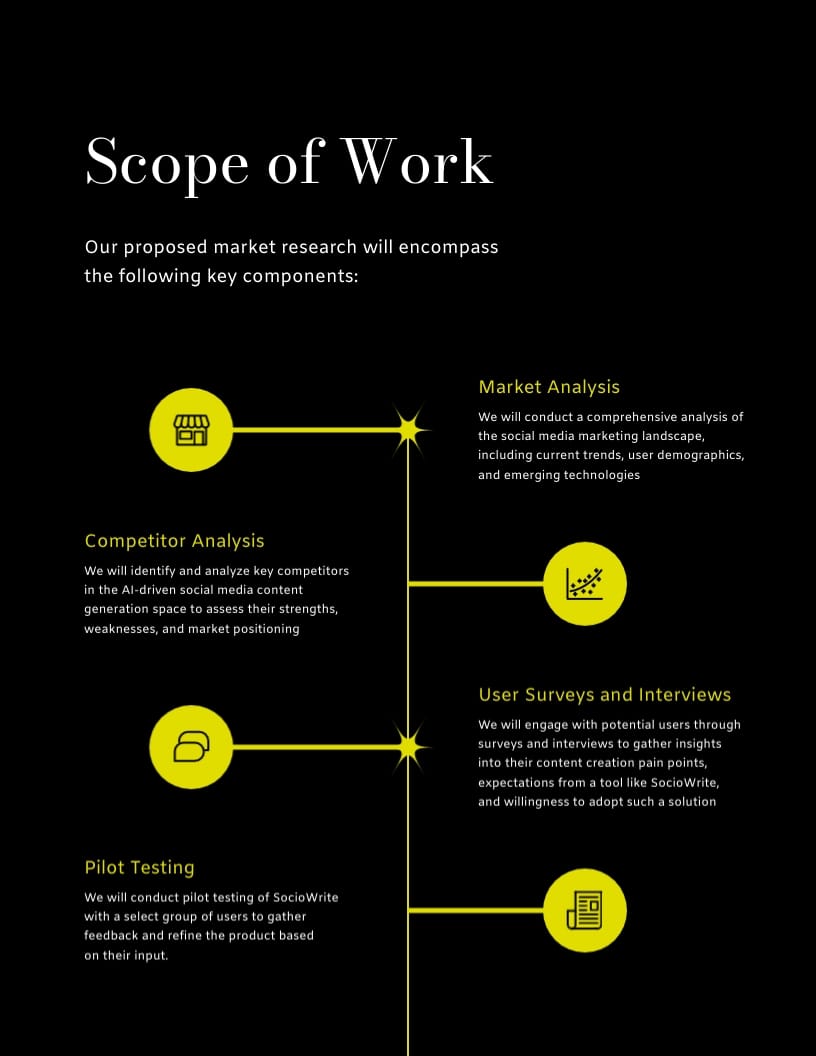
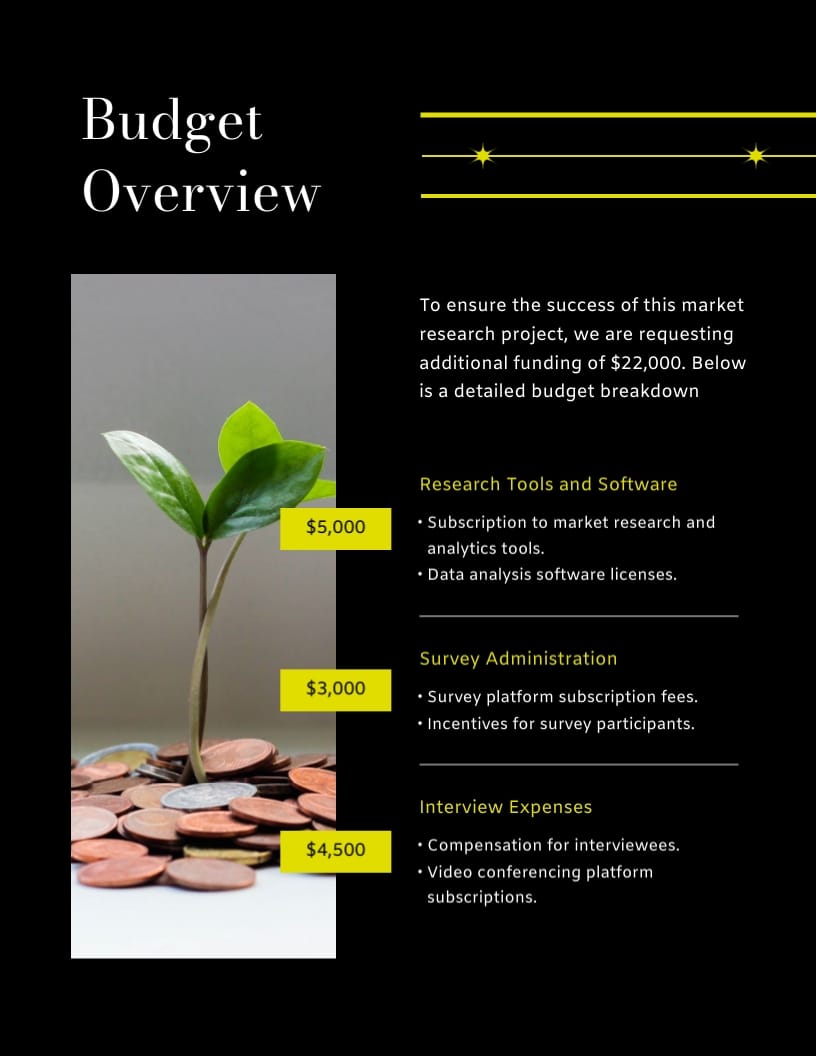


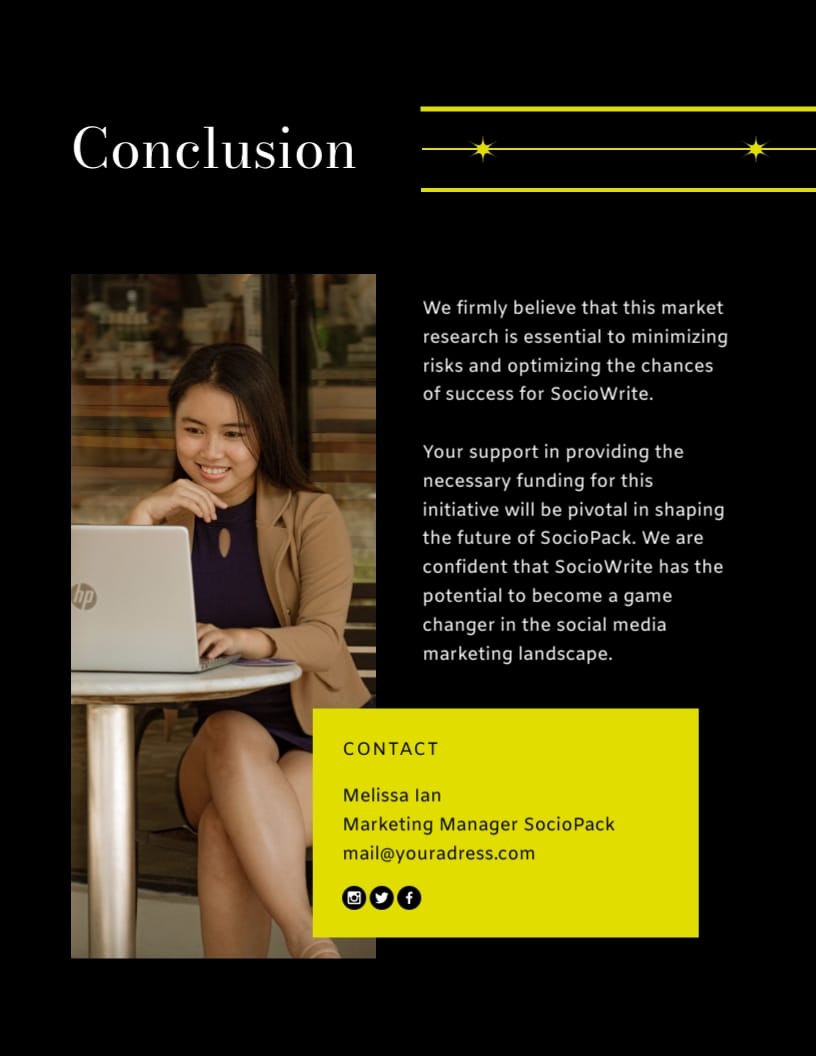

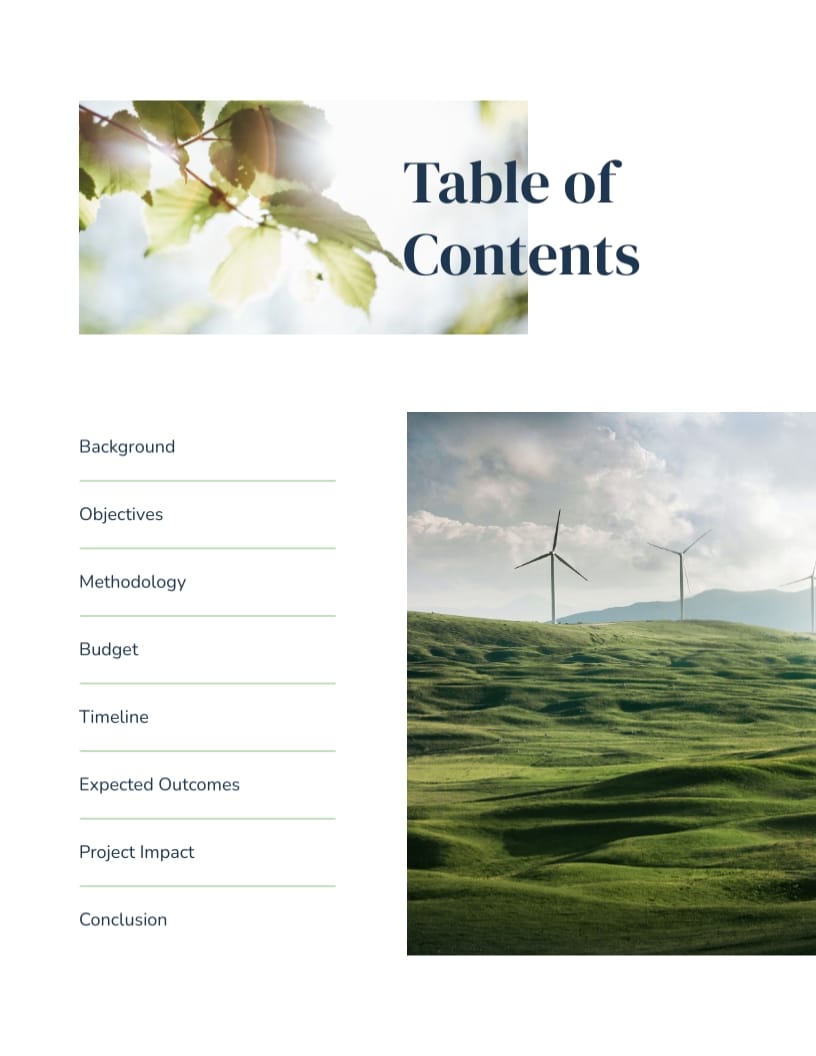




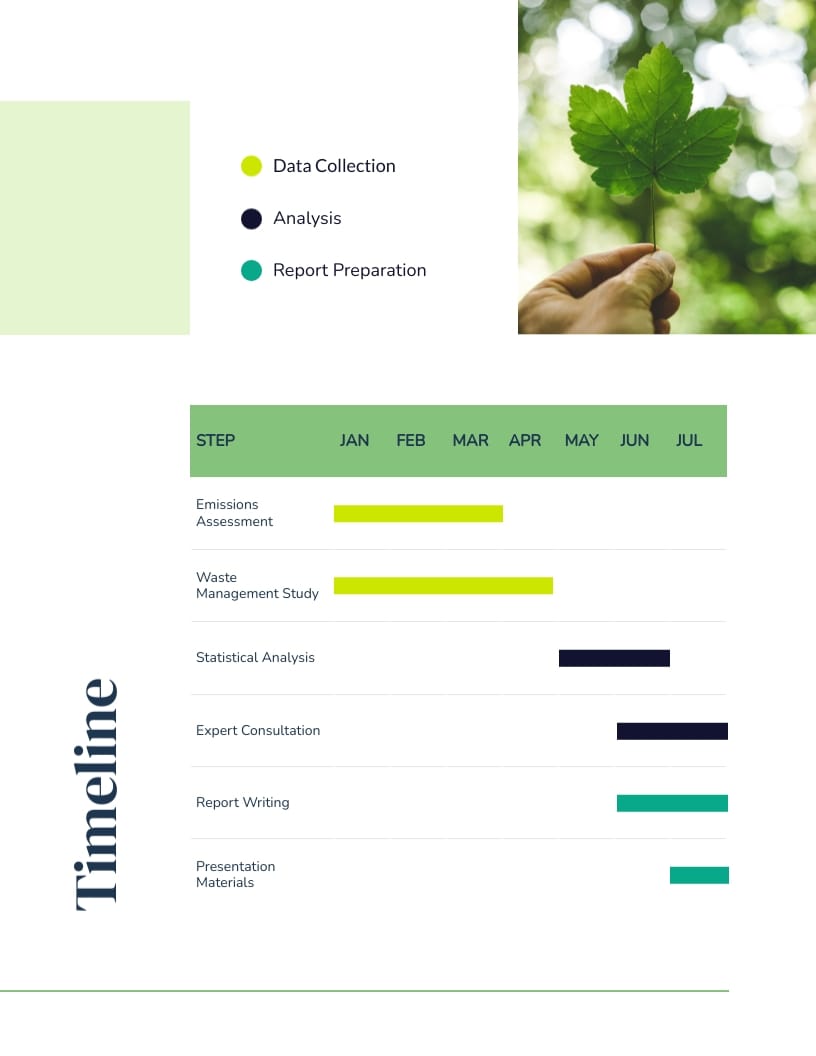

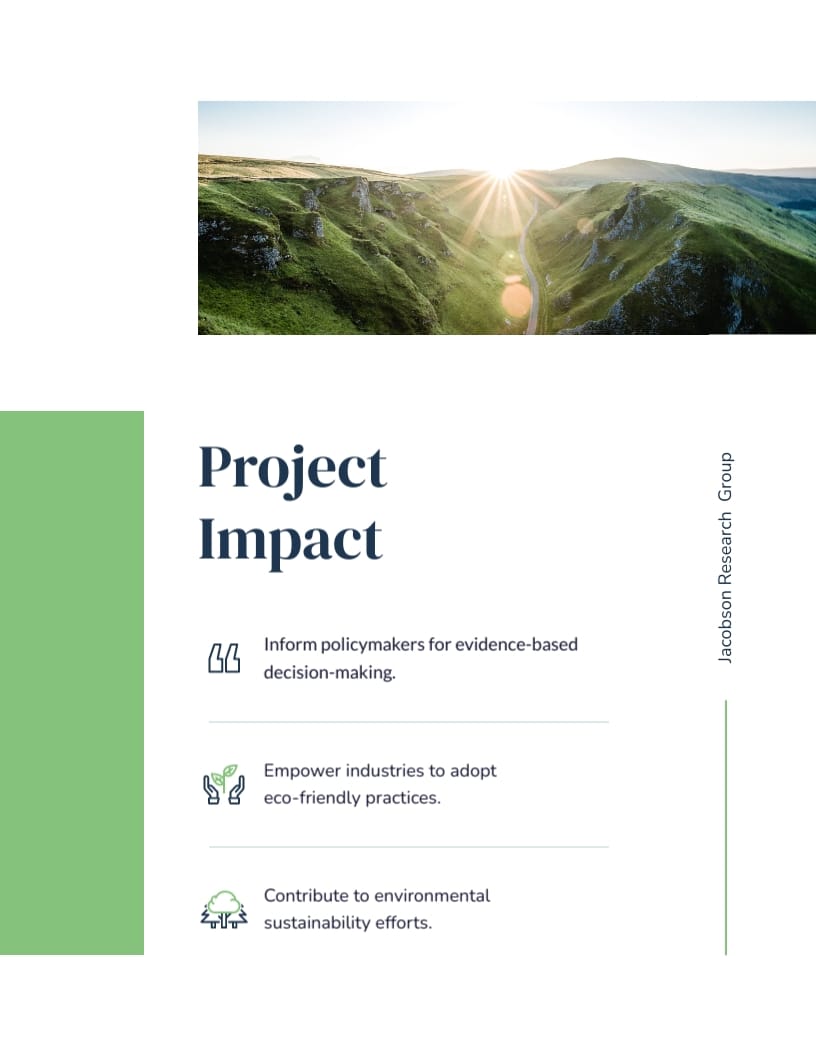
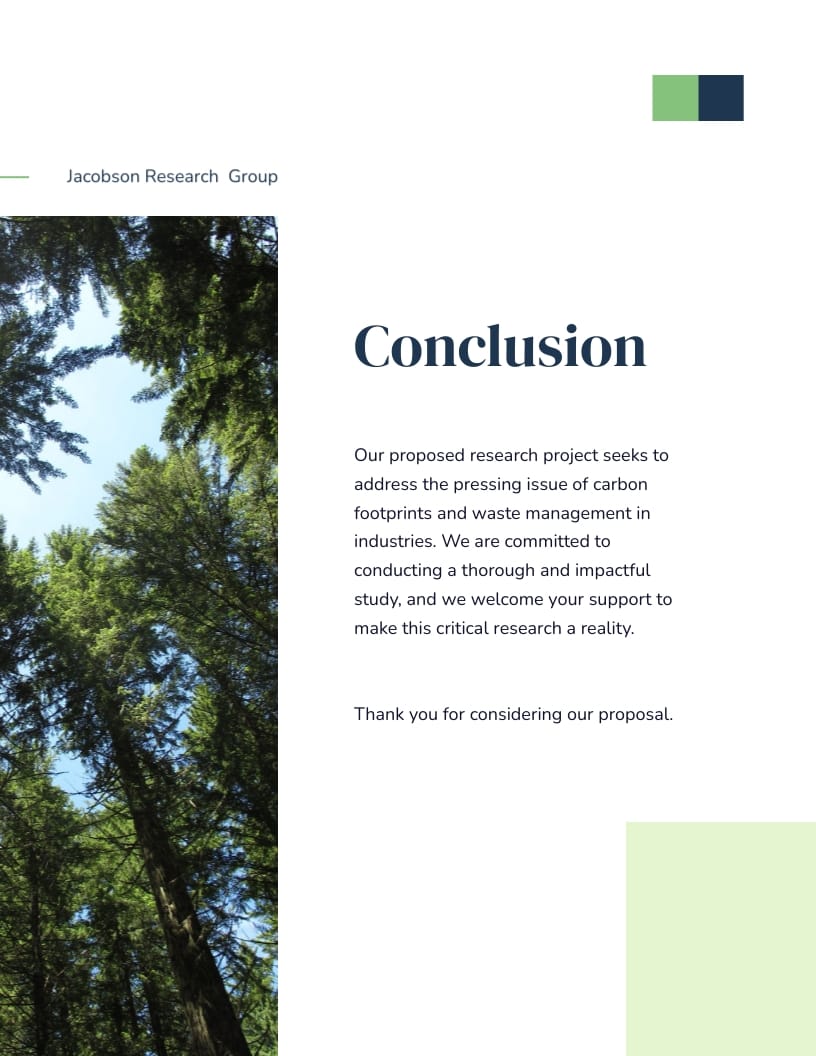





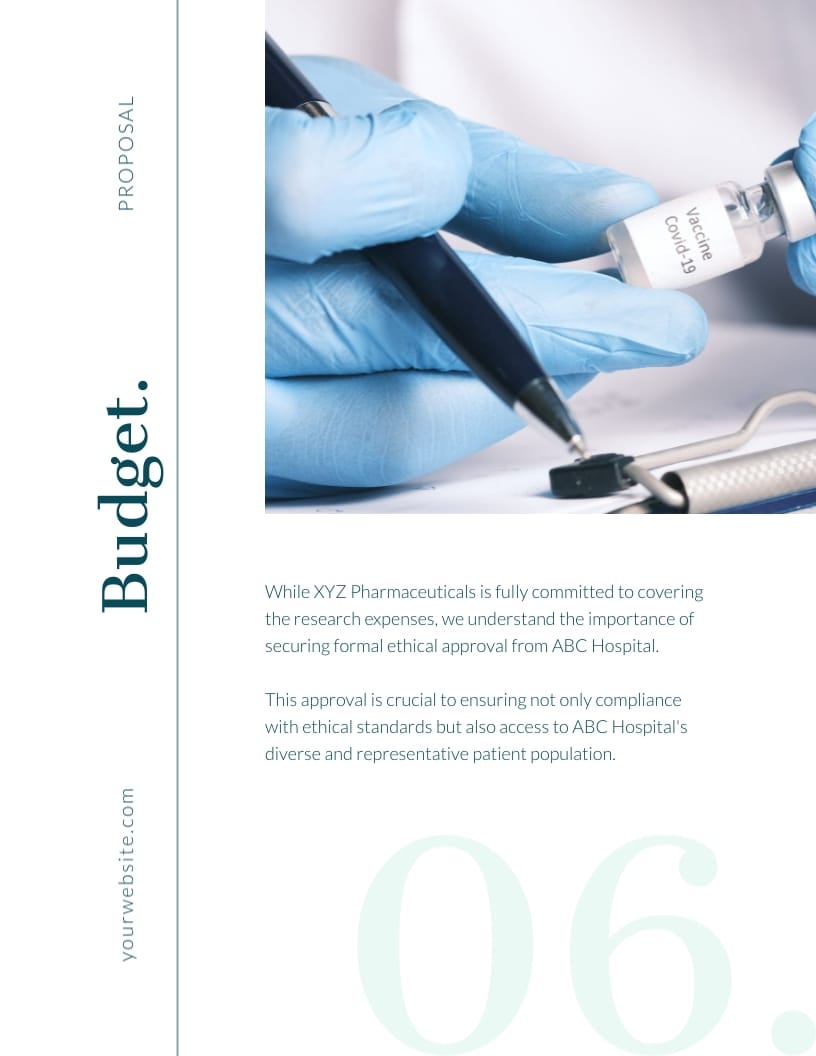


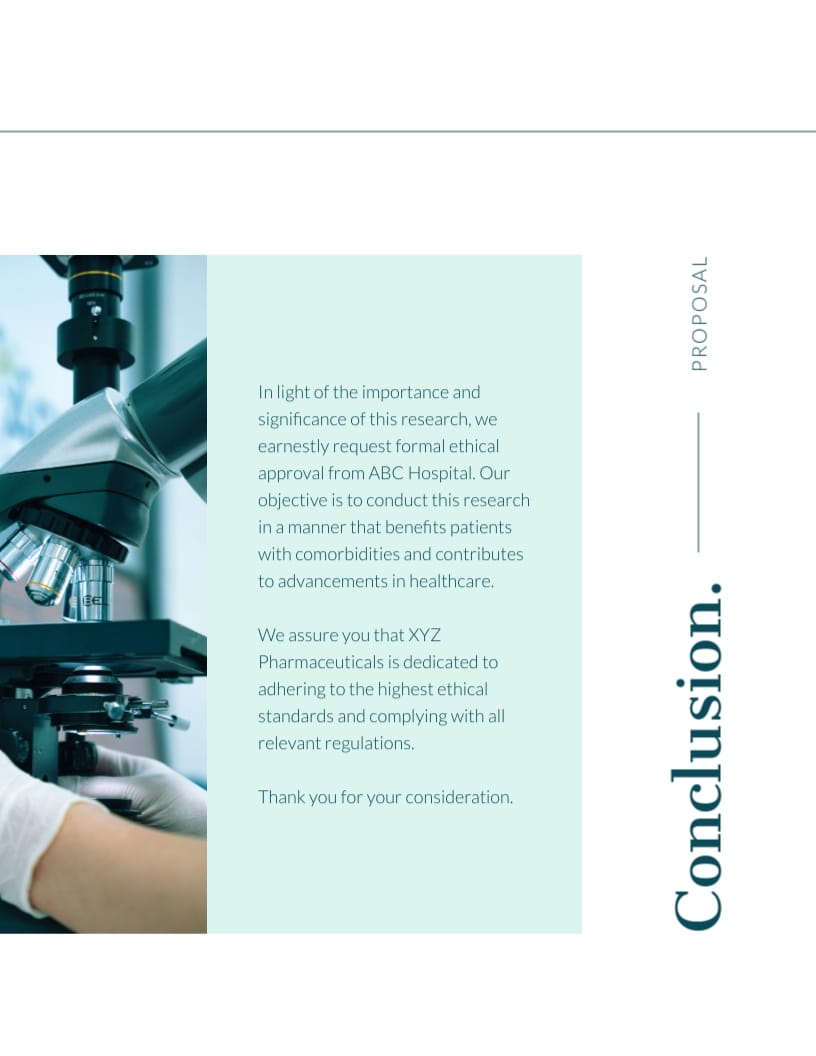



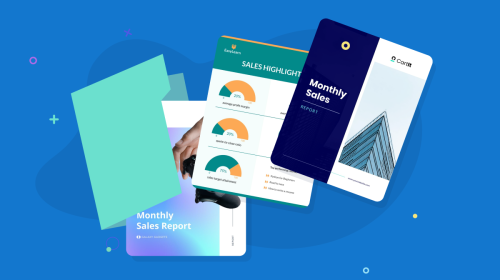
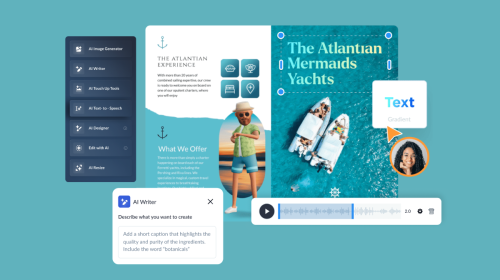
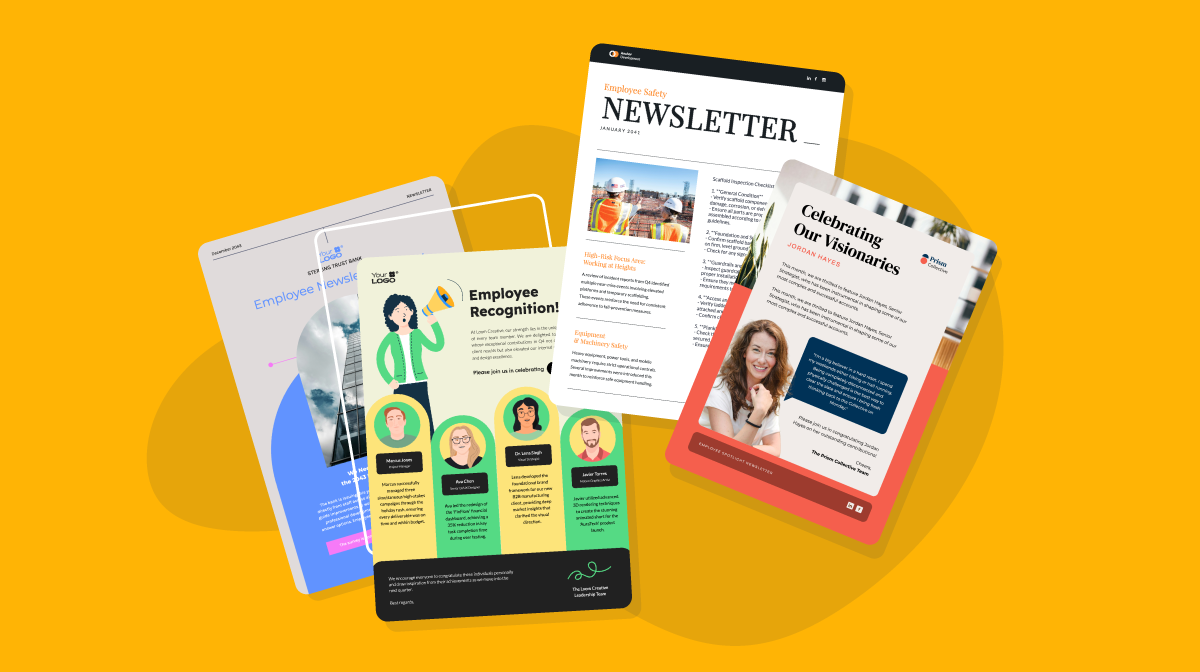
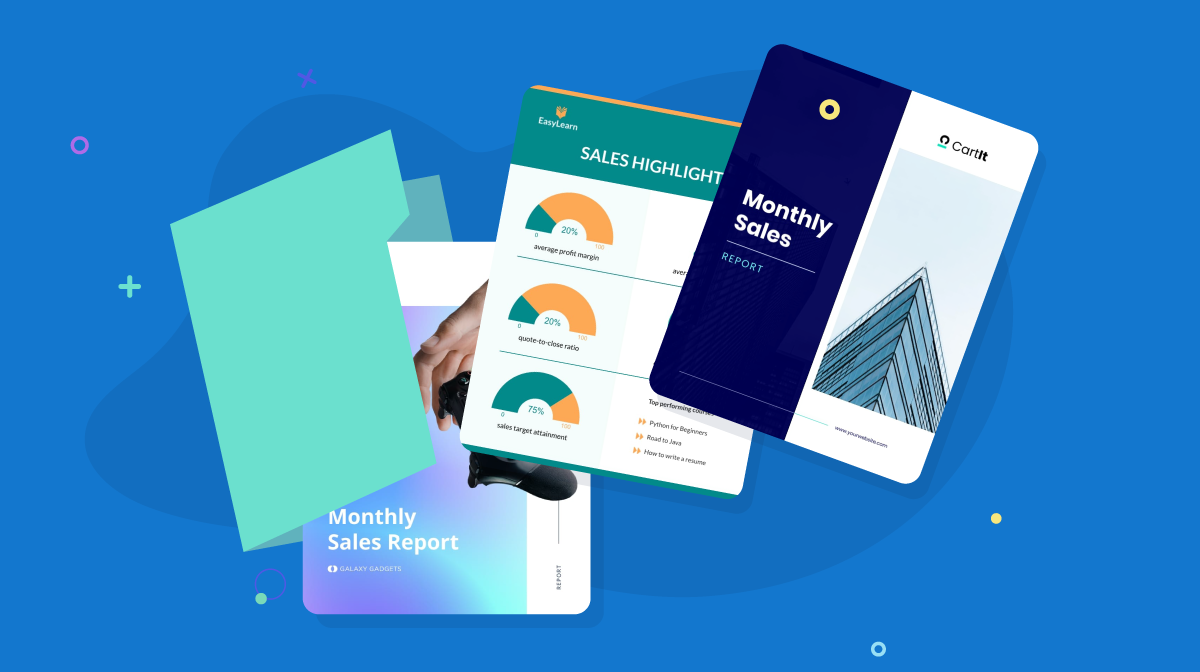
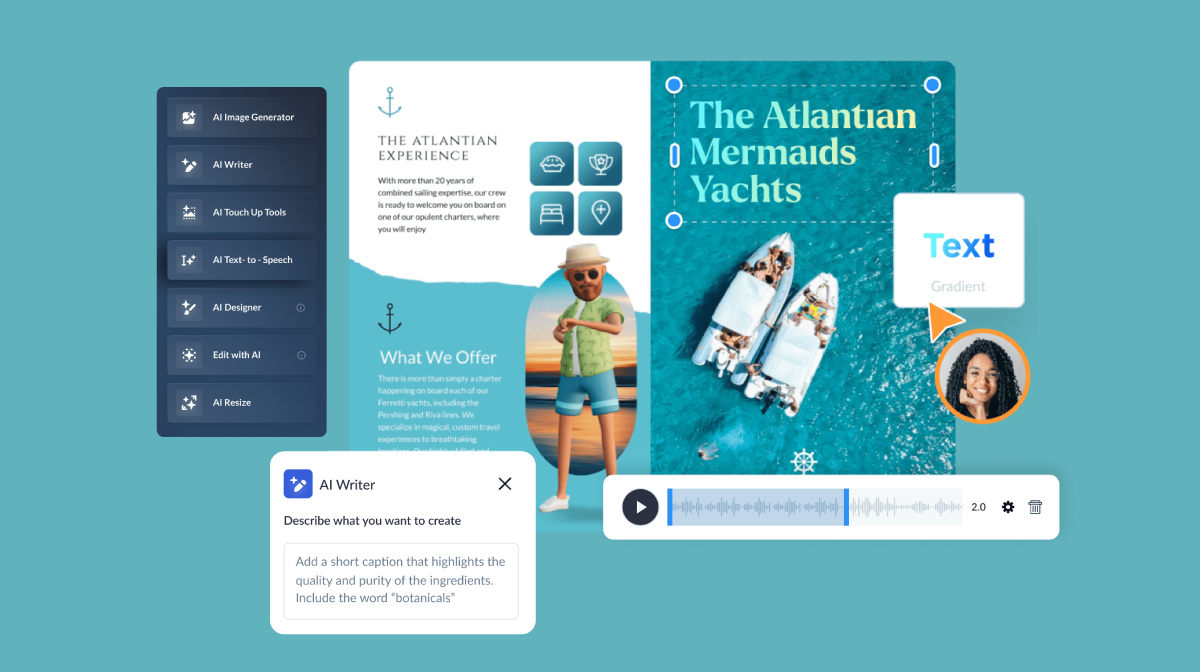
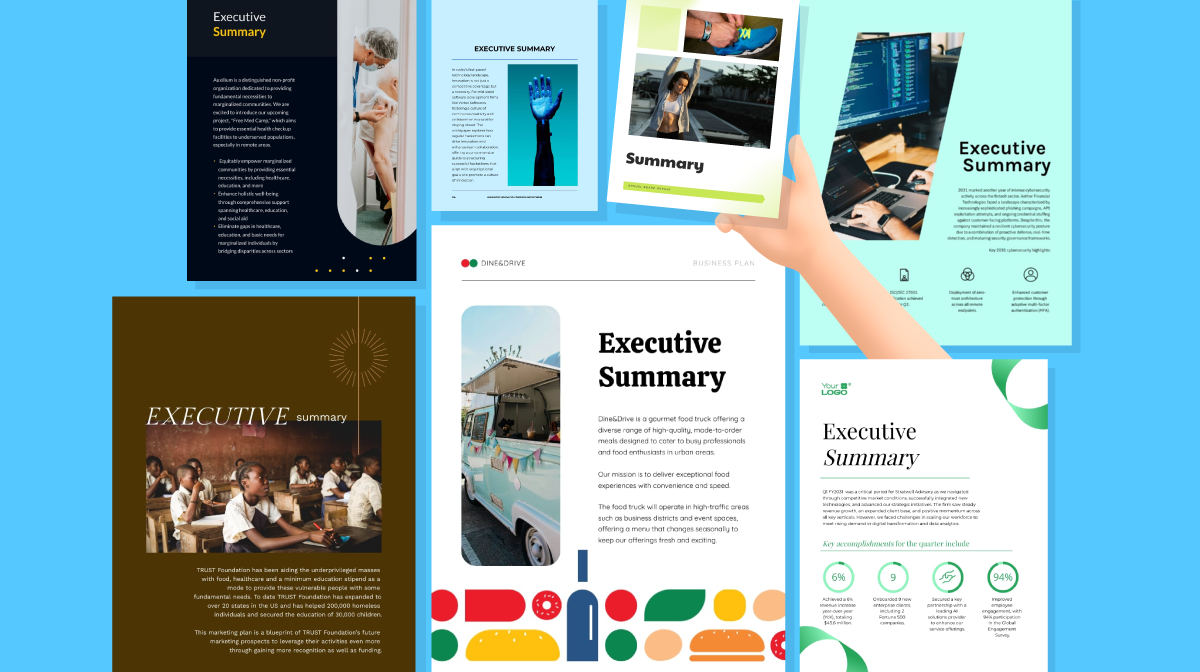
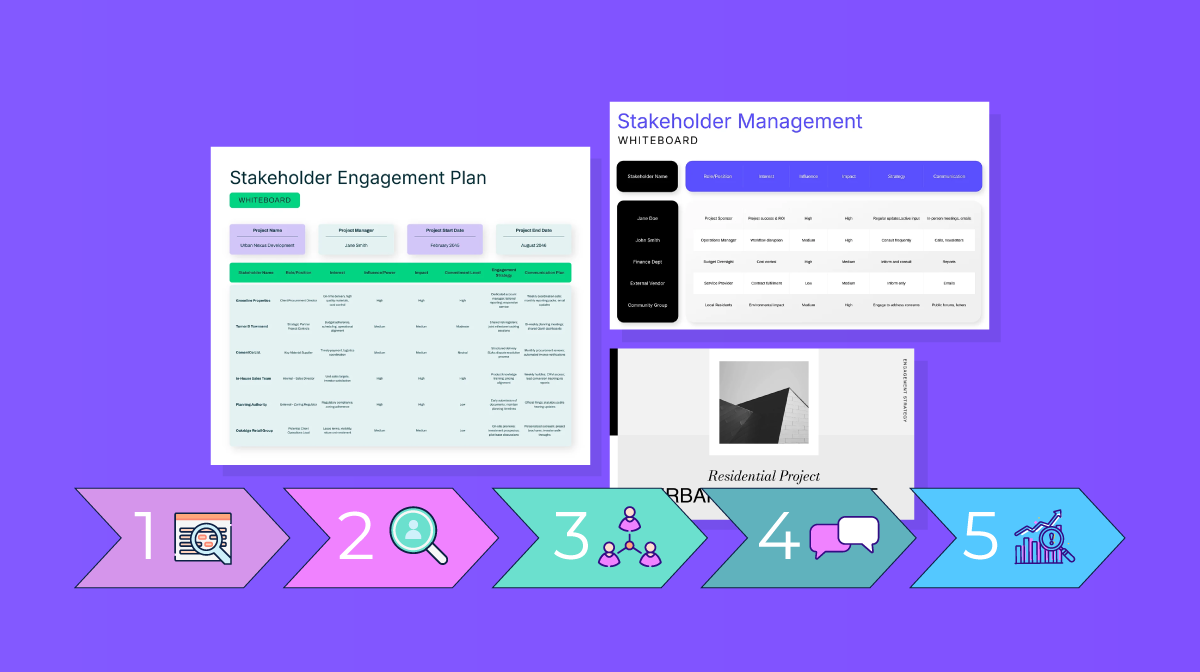
![How to Create a Practical Crisis Management Plan [+ Templates]](https://visme.co/blog/wp-content/uploads/2025/07/How-to-Create-a-Practical-Crisis-Management-Plan-Thumbnail.png)